Unauthorized access, data breaches, and other cyber attacks are a huge risk for any organization. Without proper security in place, you could get hit with cyberattacks that put your website, customers, and reputation in danger. Today’s cybercriminals are extremely skilled and persistent. You need to stay vigilant – and that’s where website security audit comes in.
Let’s go over what’s involved in these audits, why they’re so important, and what it takes to prevent today’s most harmful cyber threats to your website and data.
What is a Website Security Audit?
A website security audit checks your website’s systems and settings to find any weak spots or openings that hackers could use to break in. During the audit, experts carefully look at the website’s code, test for any bugs or mistakes in the logic, and verify that all the configurations are set up properly. The main goal is to identify any potential ways for a hacker to get unauthorized access. For example broken authentication, lack of encryption, insufficient authorization, etc.
While an audit finds those vulnerable areas, a penetration test tries to actively exploit them. Penetration testers pretend to be real hackers and conduct cyber attacks to expose how much risk and damage each vulnerability could cause if an actual attacker got in that way.
Is a Website Security Audit Important?
Website security is super important these days with everything being online. The more complex a website is, the more chances there are for security gaps. Website security audits help by constantly checking for vulnerabilities, threats, and weak spots. These audits find the risky areas and provide tips for improving security.
1. Mitigates Risks
An audit checks your website for weak points that hackers could use. By fixing those gaps, the firms avoid data breaches and hacking incidents. Managing risk is an essential step to keep the business running smoothly.
2. Protects User Trust
People expect their personal information to stay safe on your website. If there’s a security breach and data leaks, users will get upset and may leave. Doing regular audits shows you care about protecting user data and adding preventive measures to keep their data safe.
3. Regulatory Compliance
Lots of businesses need to follow rules about data security and privacy. Audits make sure your website follows those rules. Not following this could mean penalties and fines from the regulatory bodies. Audits prove that the firm is credible to customers and regulators.
Website Security Audit Checklist
Website security audits are very thorough. They aim to find a wide range of vulnerabilities that can affect your business. This requires using many different strategies to reveal where and how your website may be at risk. We’ve made a detailed checklist that outlines the process, so you can feel more confident about what you’re about to go through.
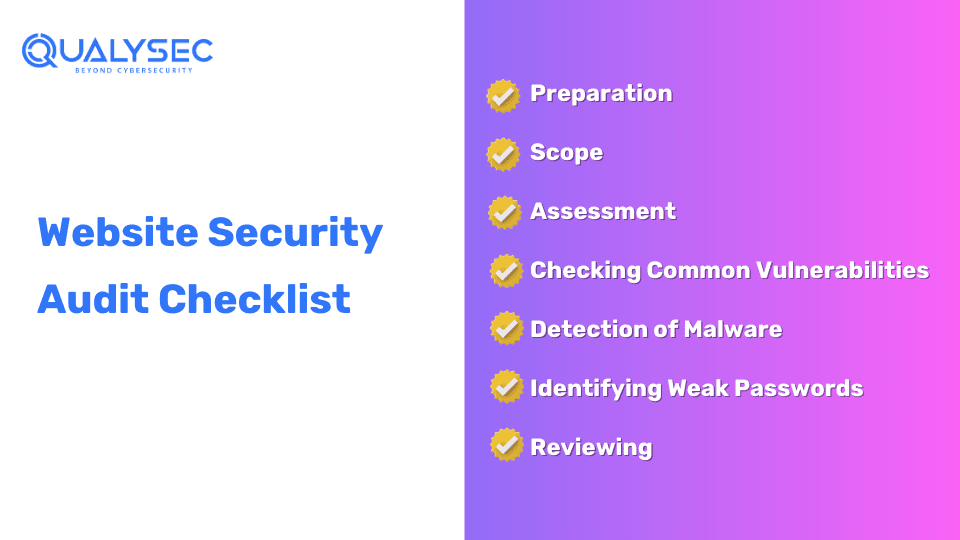
1. Preparation
Preparing for the website security audits works best when properly planned. You need to understand why you need an audit and what you expect from it. Ideally, you’ll already have an idea of where your website security is weak, but you should also be ready to discover unexpected vulnerabilities during testing.
2. Scope
Start by setting a few clear goals to guide the process. Which website areas invite the most risk? What security issues have you faced before? Highlight these target areas as you define the scope of your audit. The scope can help you determine what you want to cover and how extensive the testing should be.
3. Assessment
Assess website risks once you have a plan, it’s time to check your website’s current status. Scan for any malware that may have infected your site, as well as vulnerabilities that allowed the malware to get in. This scan needs to be very thorough, as anything missed could leave your website open to future risks and attacks.
4. Checking Common Vulnerabilities
Check for common vulnerabilities as they make it easier for hackers to take control of your site or server. Check whether any of the flaws can be exploited to steal data or spread malicious content. Common vulnerabilities include SQL injections, cross-site scripting, file inclusion issues, and command injections. Security concerns like outdated components and open admin access should also be identified.
5. Detection of Malware
Conduct malware scans alongside vulnerability scans. You’ll want to scan for any malicious content like ransomware, spyware, trojans, viruses, and rootkits that may have already gotten in through vulnerabilities. Manual malware checks are time-consuming, so automated scanning tools are much more reliable.
6. Identifying Weak Passwords
Weak passwords give hackers easy access but are often overlooked. The audit should check if passwords are strong enough or if common words/patterns are used too often. We’ll discuss improving password practices later.
7. Reviewing
Reviewing data protection measures and strong encryption with SSL/TLS certificates provides an extra security layer. Assess if the current validation level is sufficient and if certificates need renewal soon. With potential new rules requiring 90-day renewals, staying on top of certificates is crucial.
Top 7 Web Security Audit Tools:-
- Burp Suite
- Netsparker
- ZAP
- SQLMap
- Nmap
- Nikto
- Metasploit
Why Choose Qualysec as Your Website Security Auditor
Qualysec Technologies shines in this area, providing top-notch website security audit that boosts trustworthiness without risking the safety of applications. Its strong position in various parts of the world shows its dedication to providing services related to cybersecurity making it stronger.
Their cybersecurity services take a holistic strategy, combining modern technology-assisted manual testing with automated vulnerability assessments. Their expertise lies in helping businesses navigate complex regulatory frameworks like HIPAA, SOC2, GDPR, and ISO 27001.
Qualysec offers a range of services including:
- Cybersecurity Audit
- Web Application Penetration Testing
- Mobile Application Penetration Testing
- Cloud Pentesting
- API Pentesting
- Thick Client Pentesting
- AI/ML Pentesting
- IoT Device Pentesting
Qualysec is instrumental in helping companies and organizations detect vulnerabilities and security risks, and provides security solutions and suggestions to enhance the security of the organization’s systems, applications, networks, and software. Therefore, for cybersecurity audits, Qualysec’s exceptional services are your go-to resource for website security audits.
Conclusion
A website security audit is a key step in making sure your organization’s website security system is safe. Now that you understand what a website security audit is, its types, how it works, and how it’s different from checking for weak spots and testing defenses, you should also know that doing website security audits often can find hidden weak spots, make sure rules are followed, and help gain trust from customers and partners.
If you want to have a checklist for a website security audit or cybersecurity audit that covers all the important parts of your organization’s security, get in touch with Qualysec. Our penetration testing services can help you find security issues and strengthen your overall website security posture.
Talk to our Cybersecurity Expert to discuss your specific needs and how we can help your business.
FAQ’s
Q: What is a website security audit?
A: A website security audit is a check-up for your website. It’s like a doctor’s visit but for your website. It looks for any weak spots where hackers could get in.
Q: Why is a website security audit important?
A: A website security audit is important because it helps keep your website safe. If a hacker gets into your website, they could steal information or cause problems. An audit helps find and fix any weak spots before that can happen.
Q: How often should I have a website security audit?
A: It’s a good idea to have a website security audit regularly. Some people do it once a year, but if your website has a lot of visitors or handles sensitive information, you might want to do it more often.











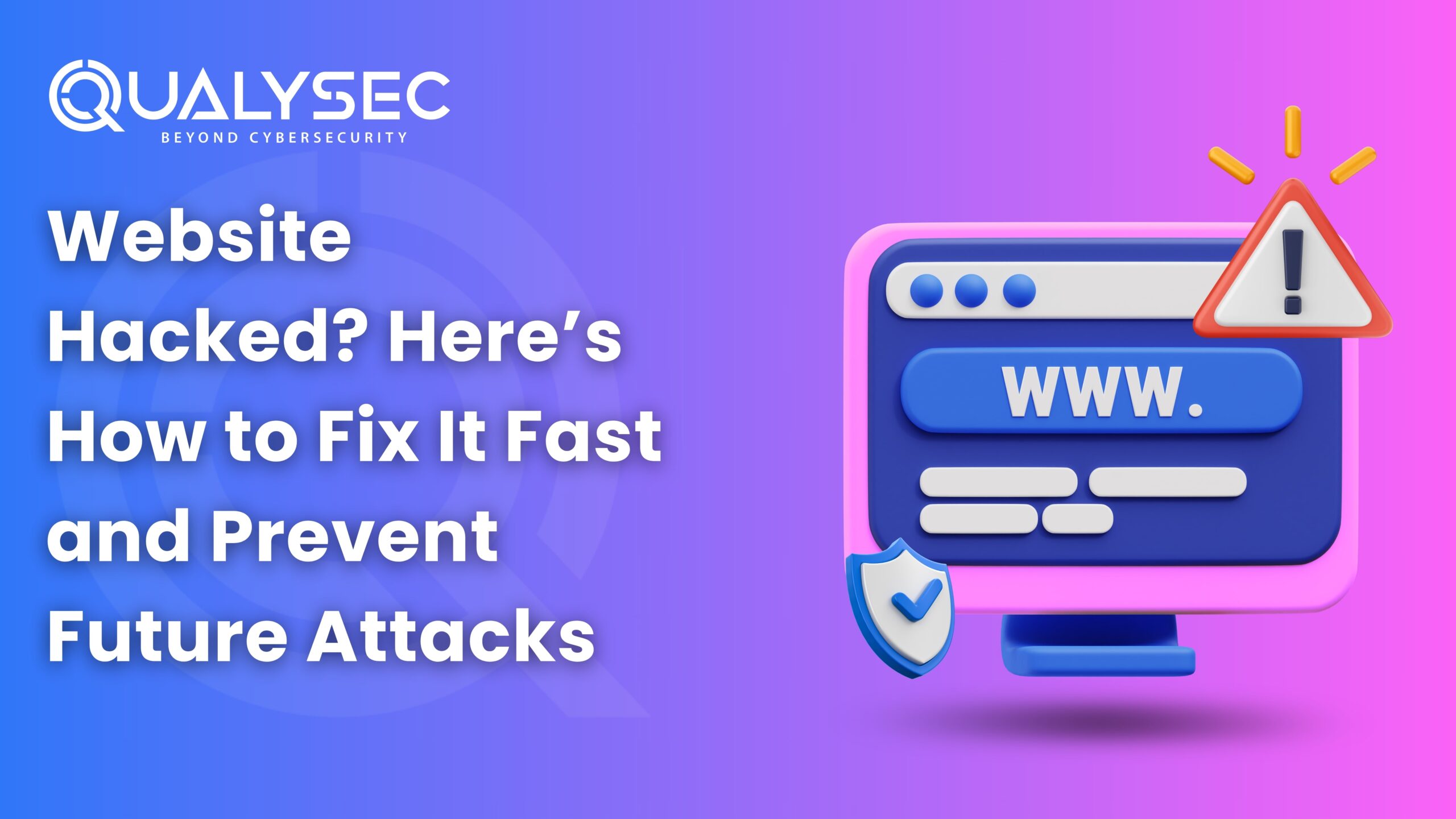

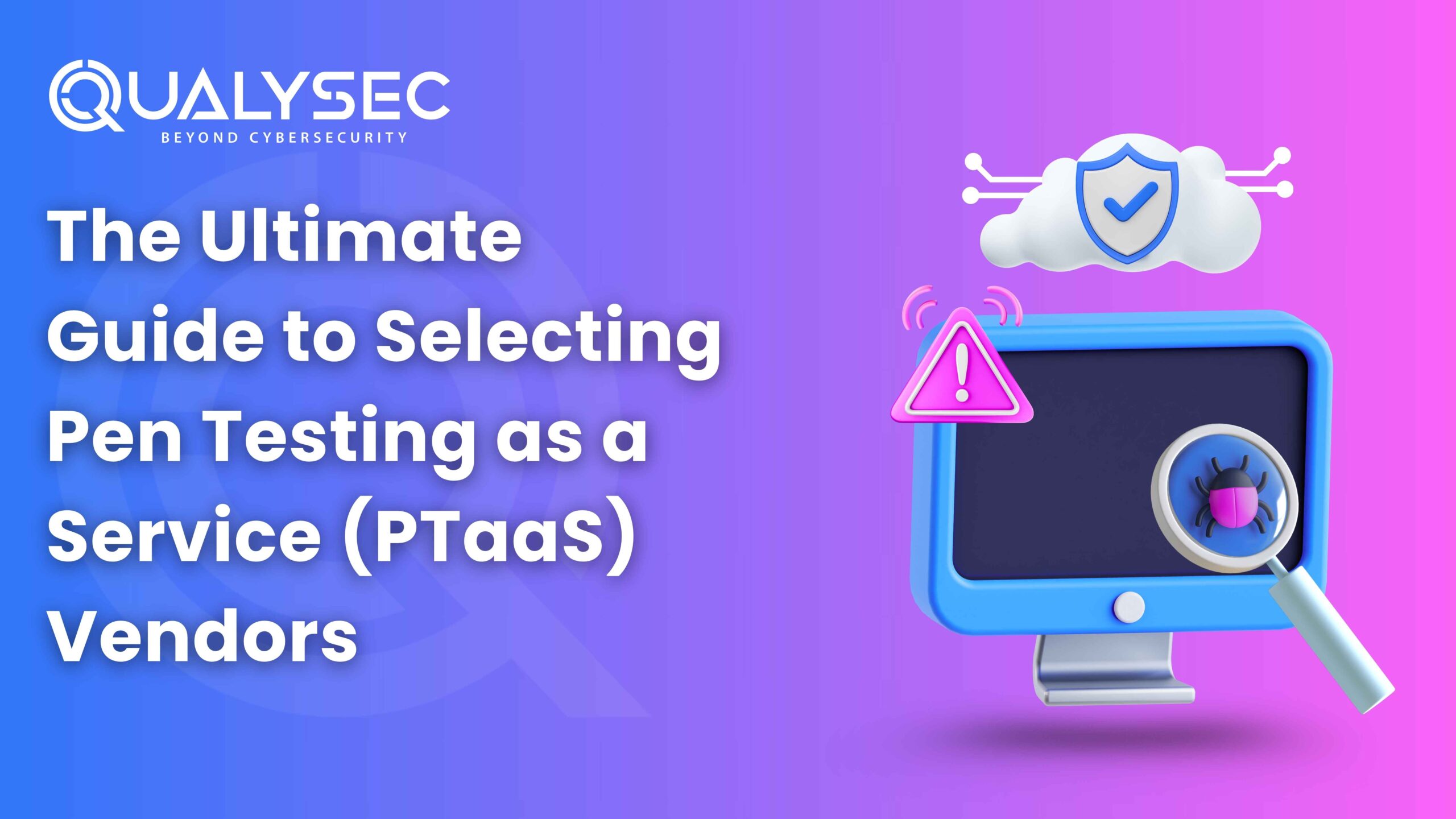

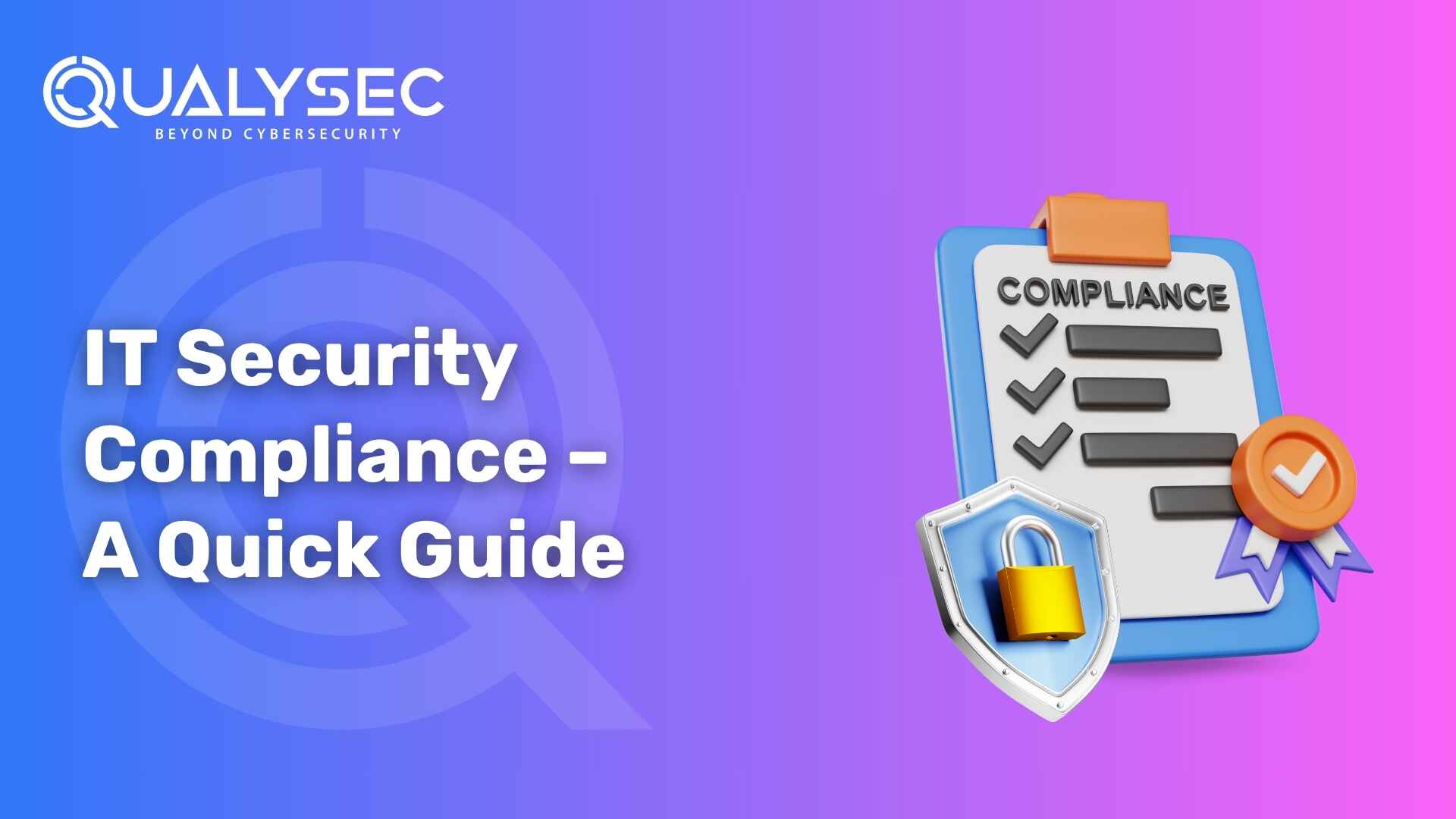
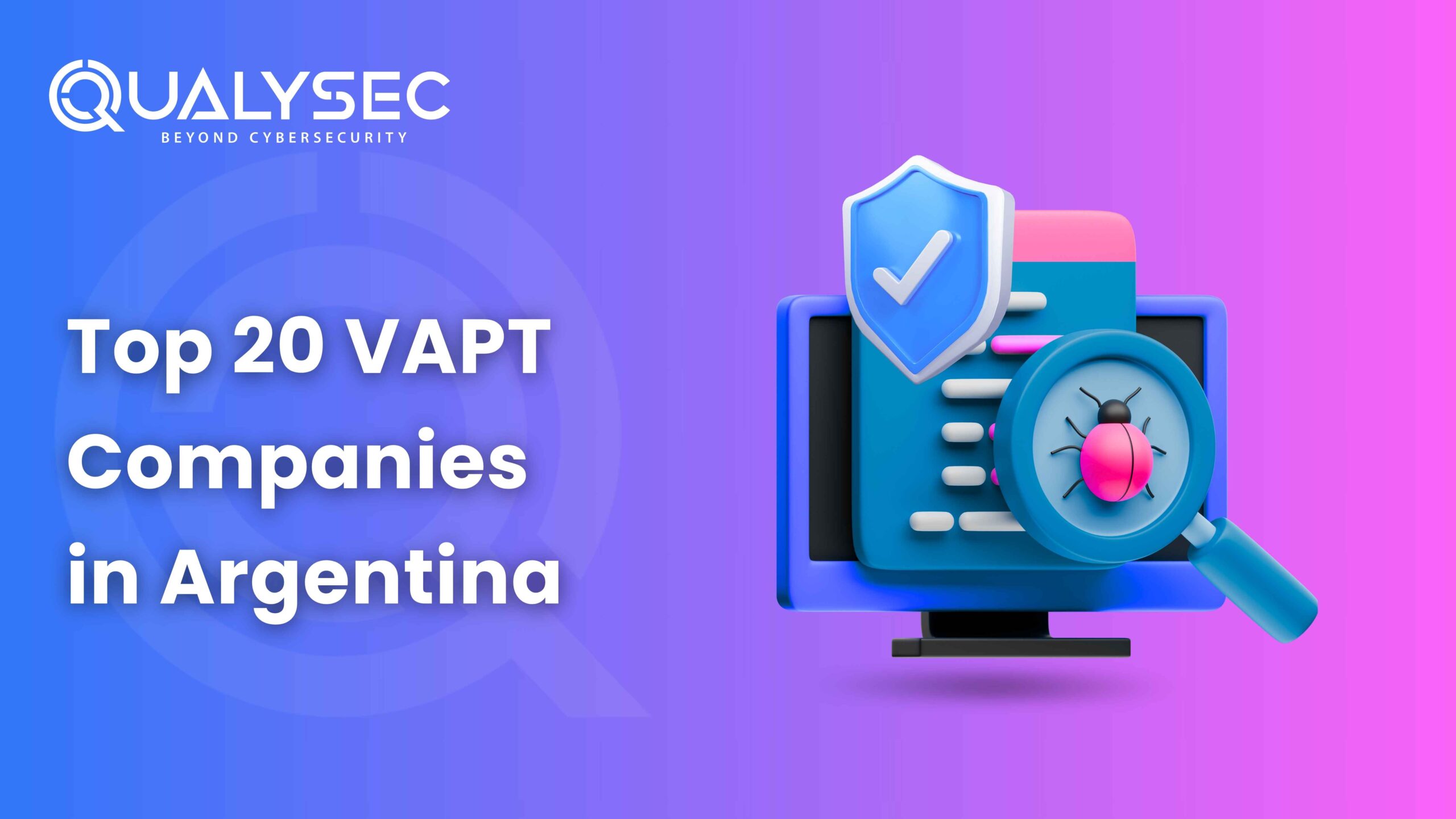
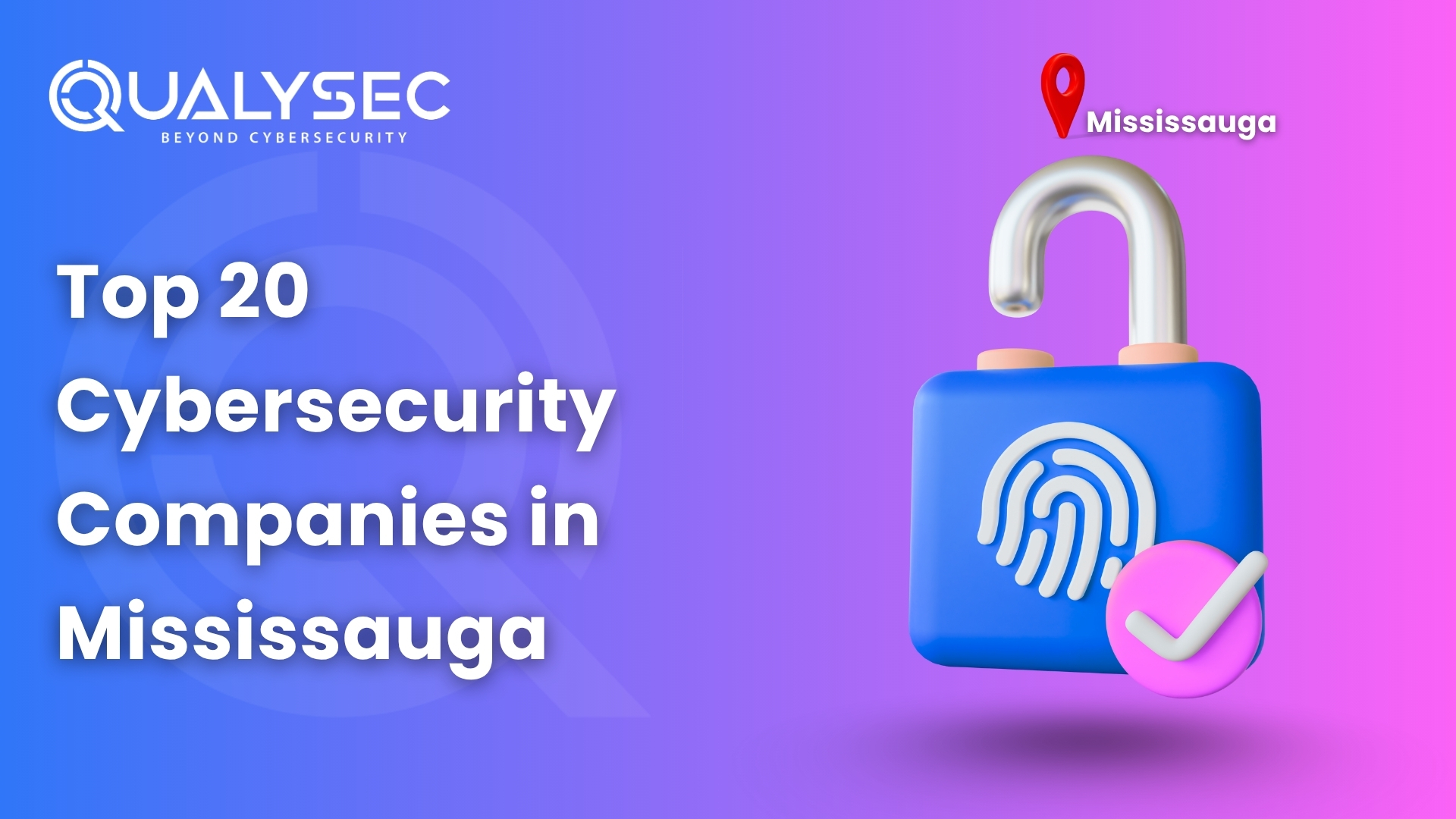


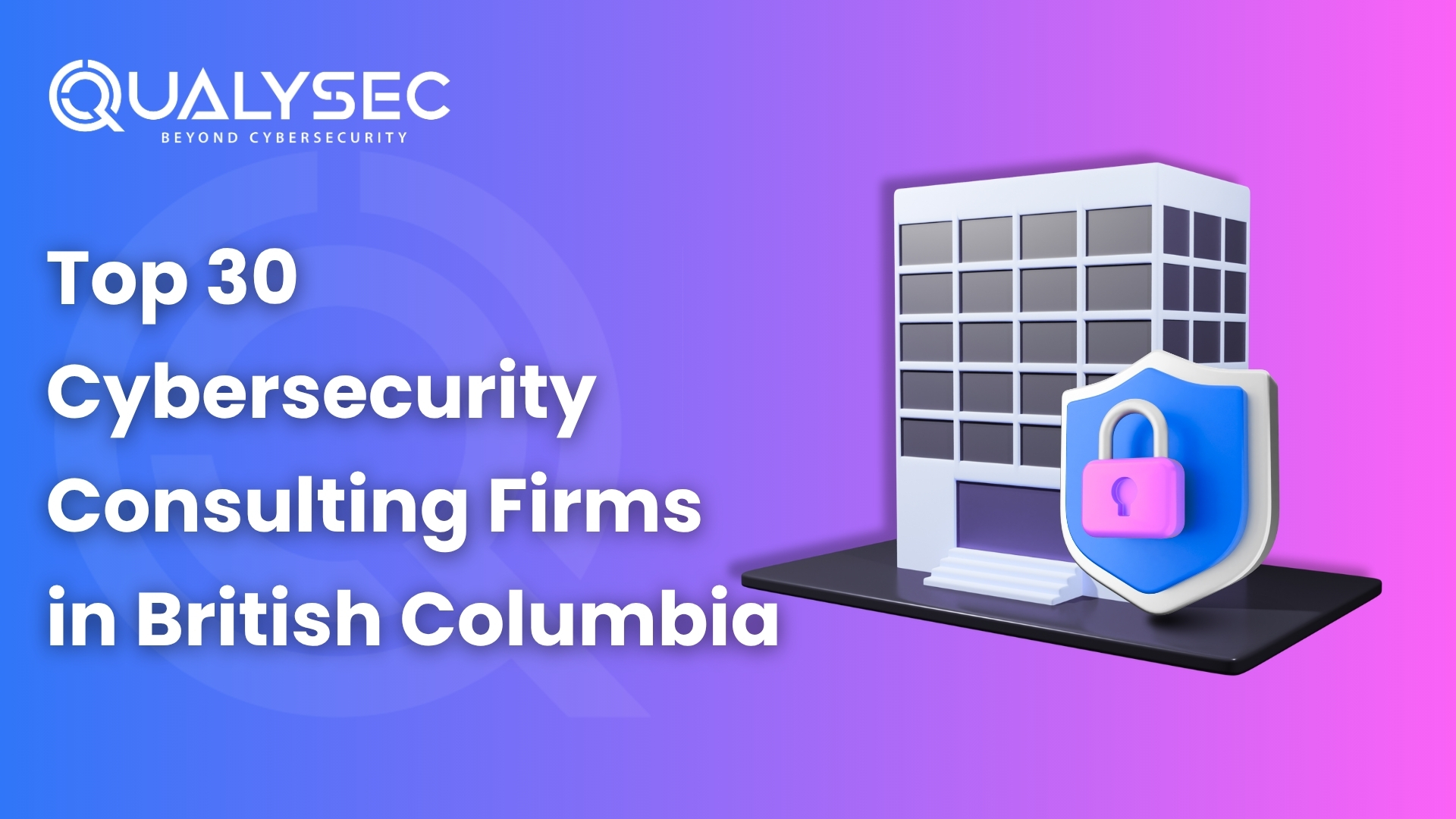

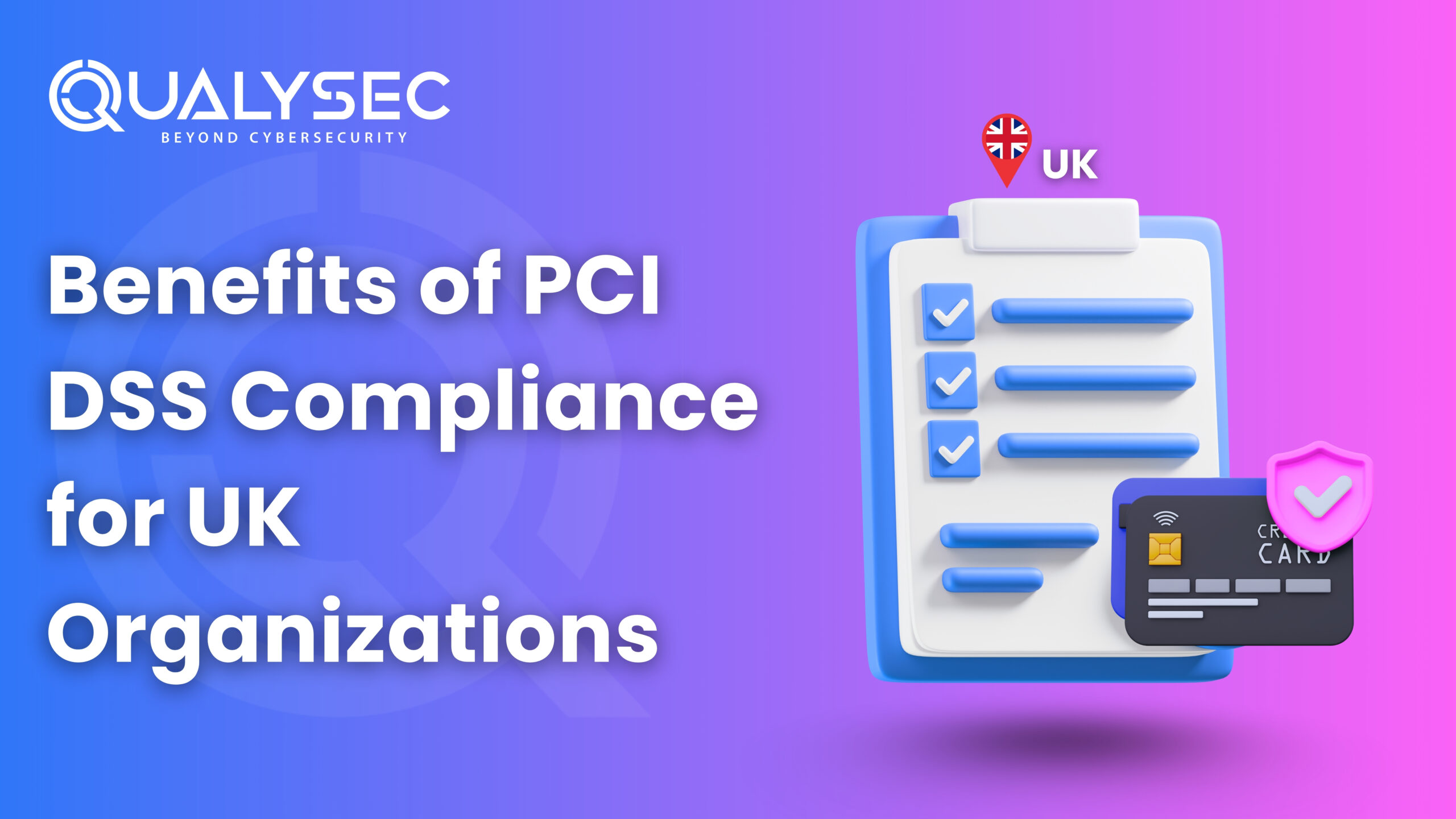




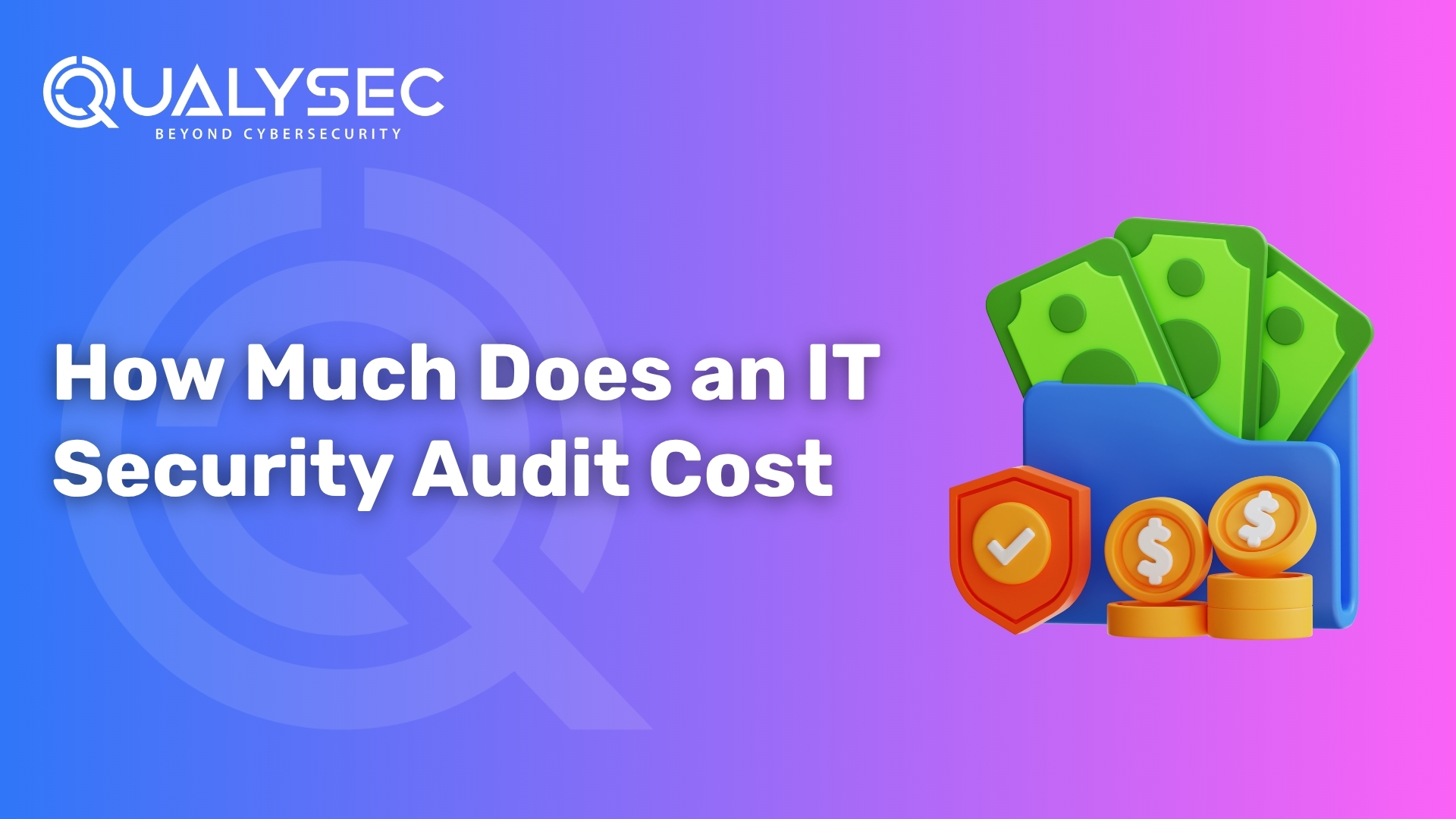

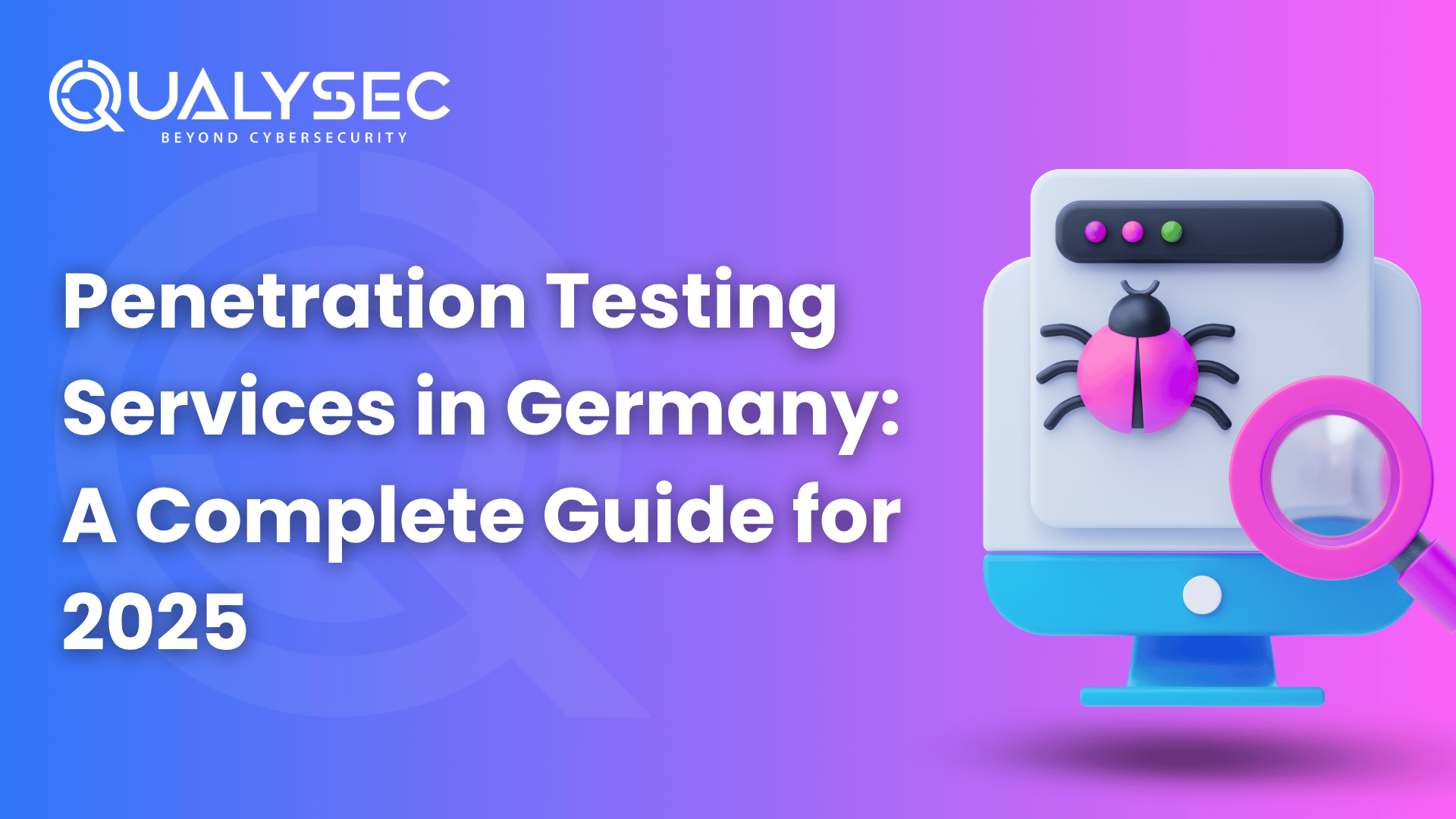
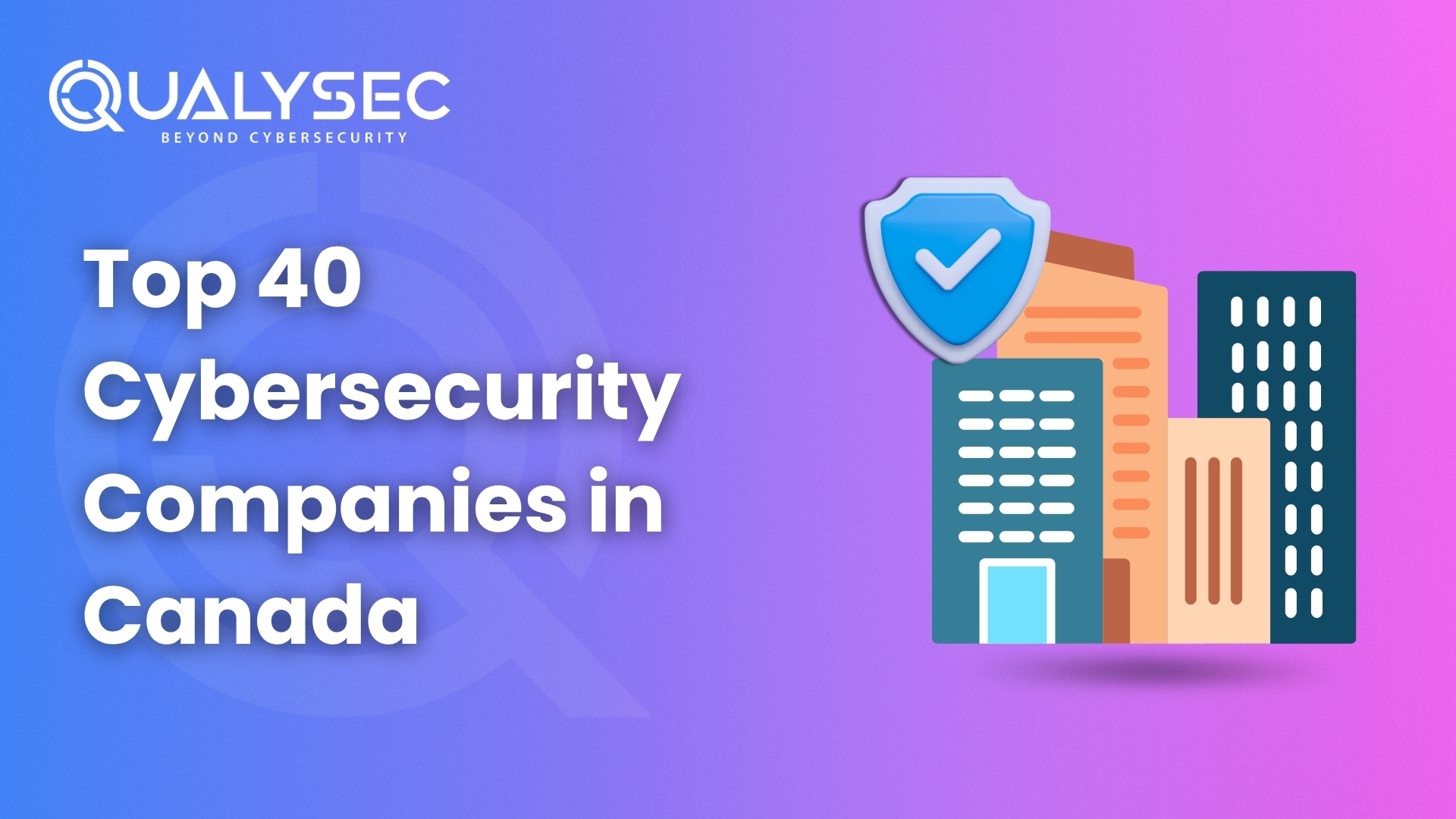
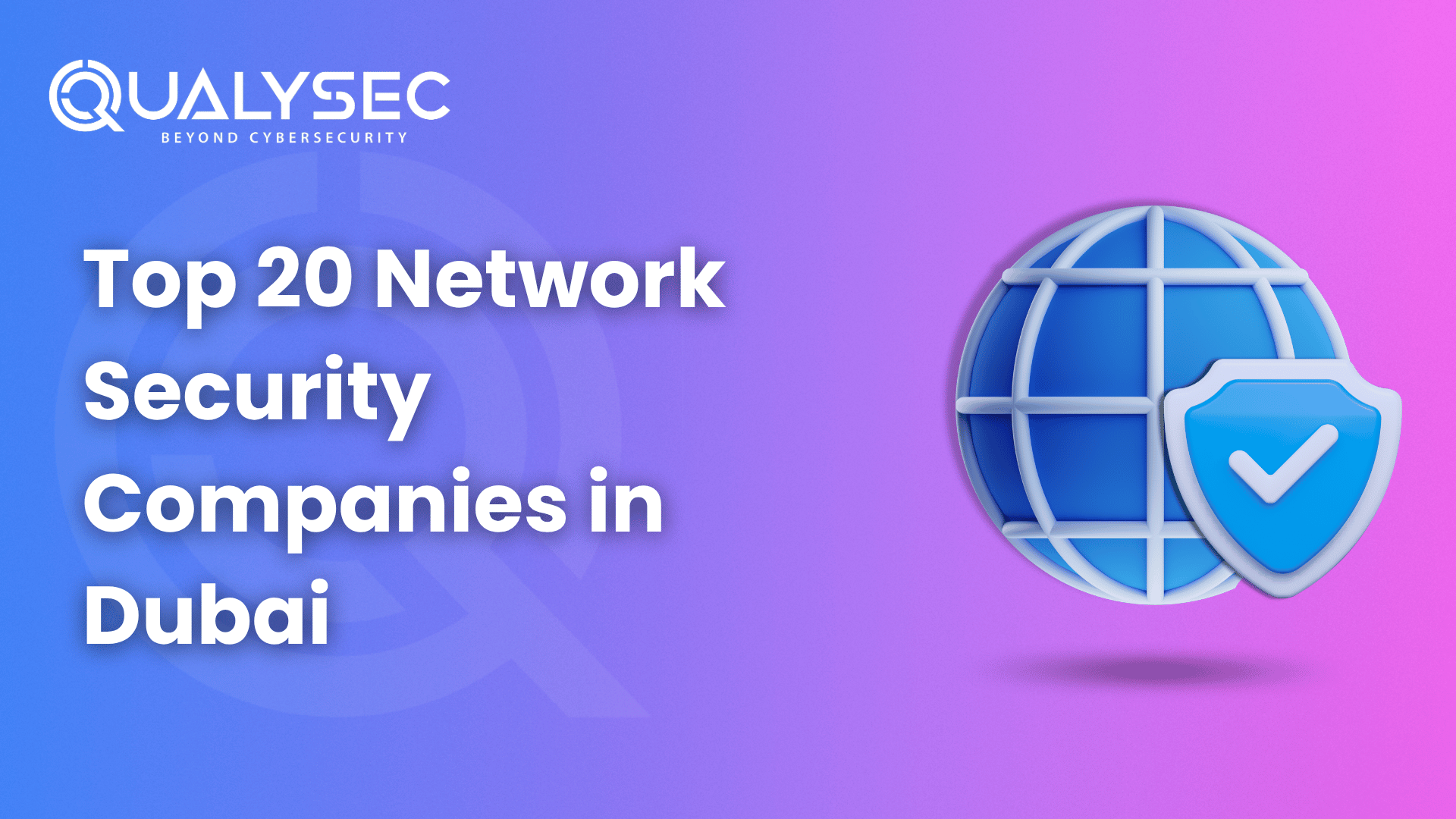


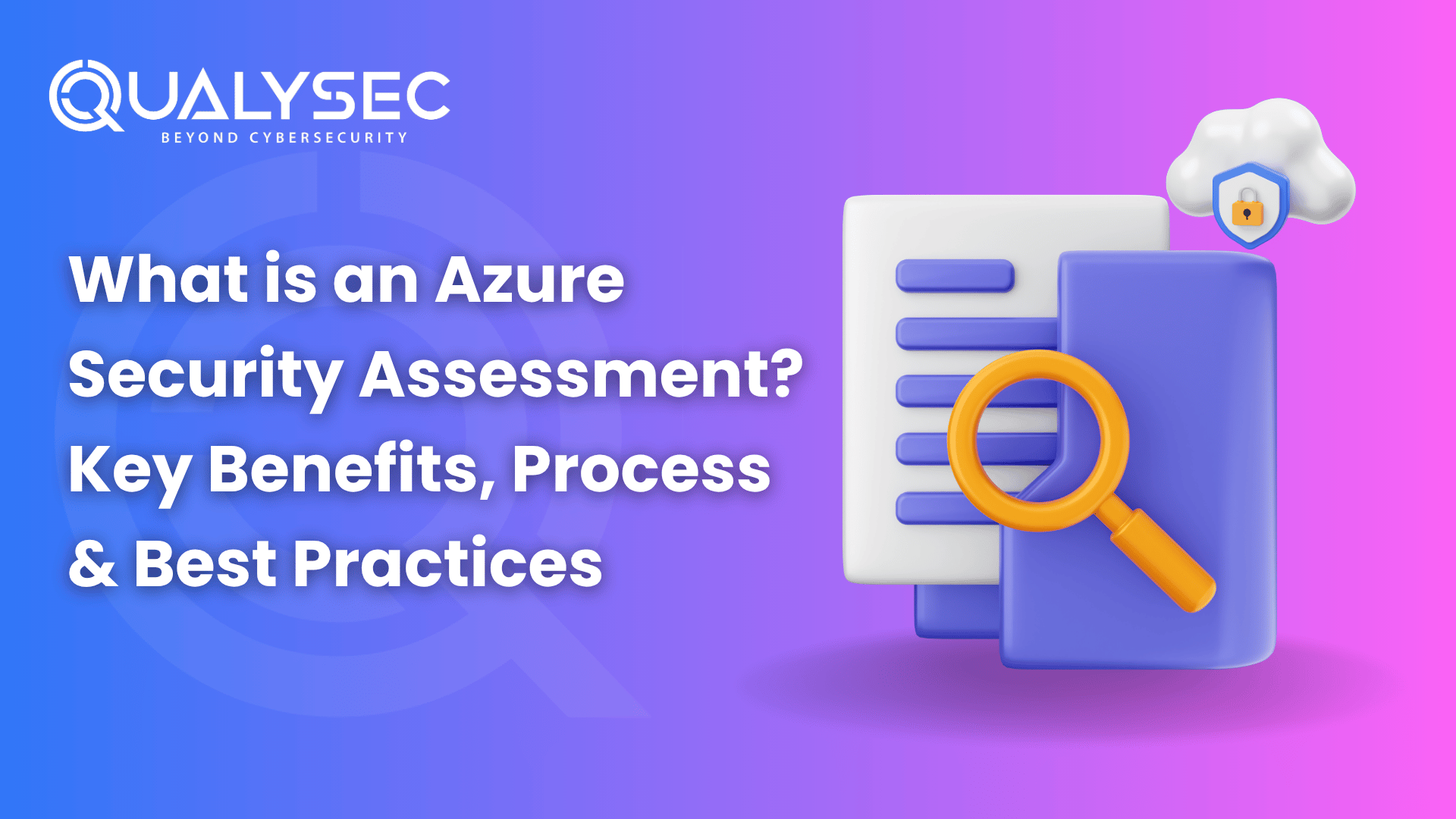
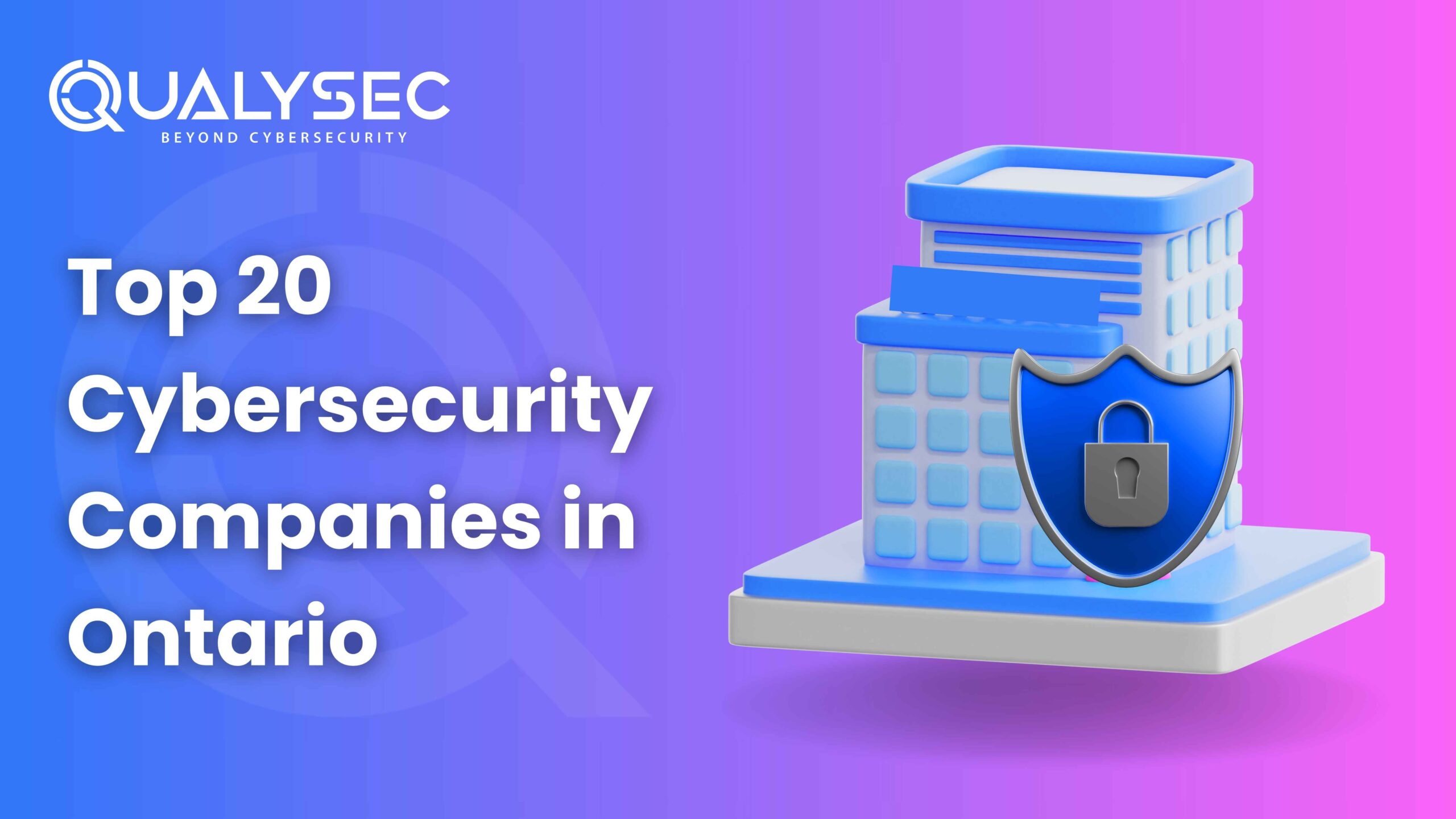
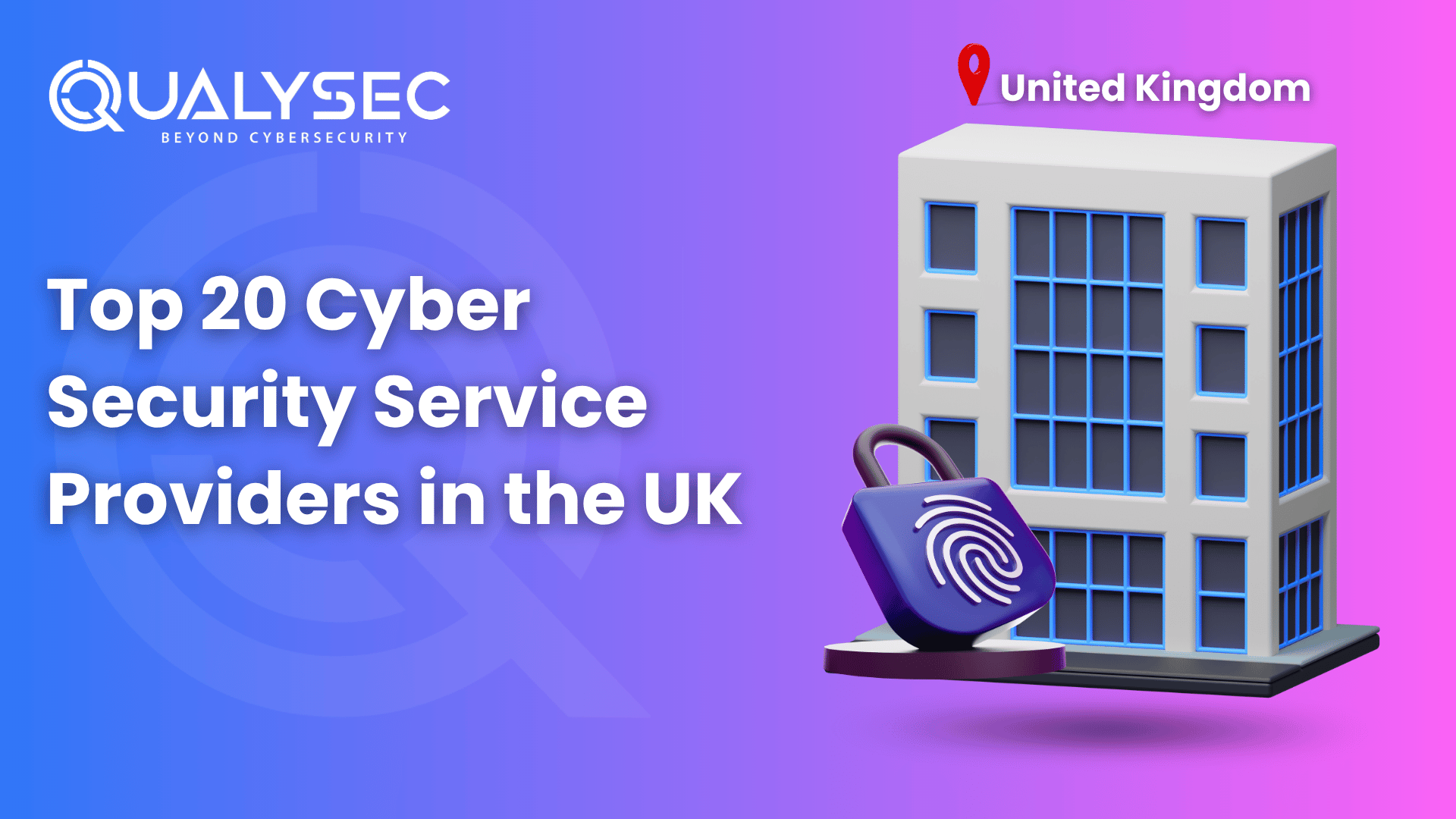
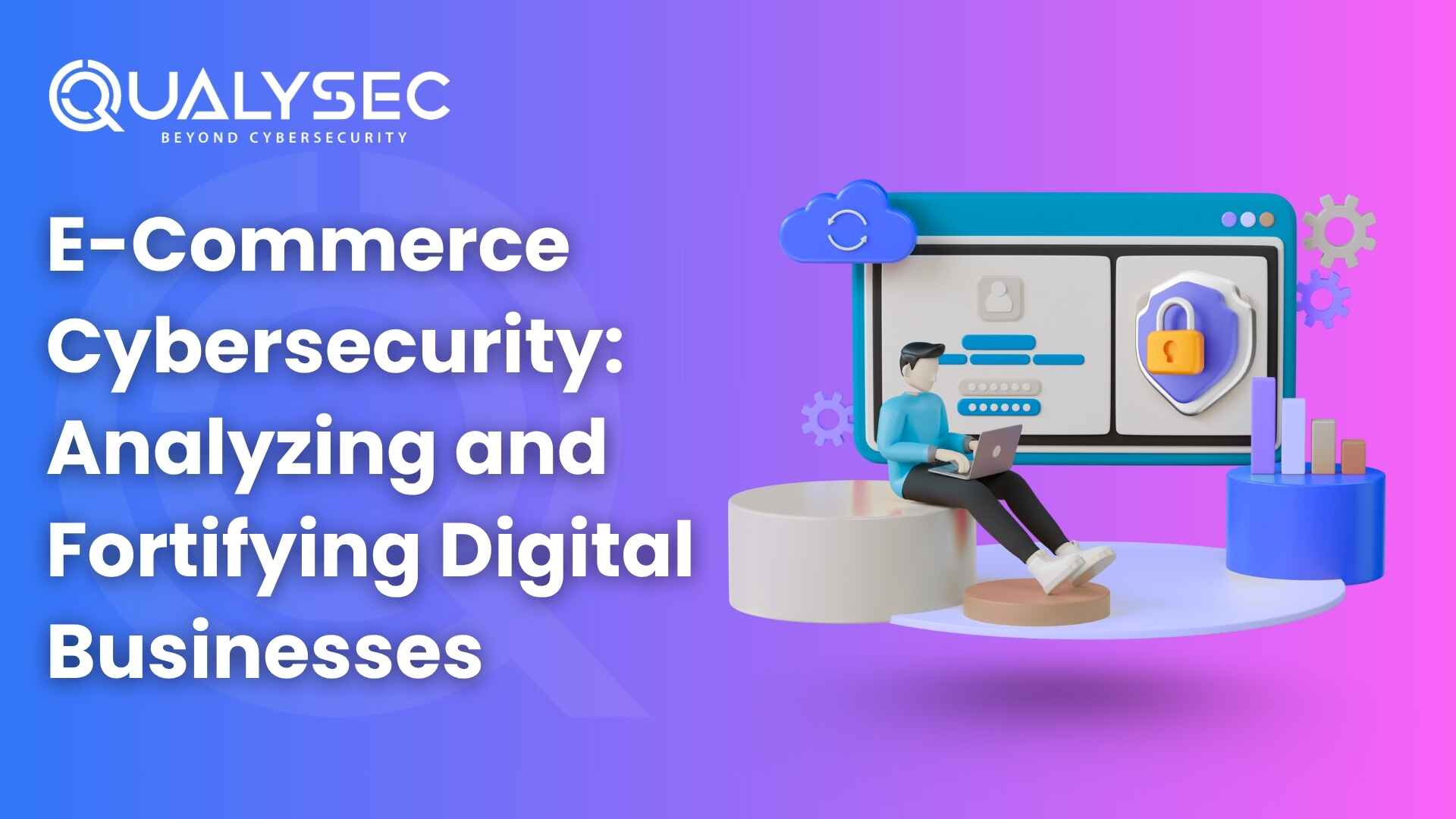
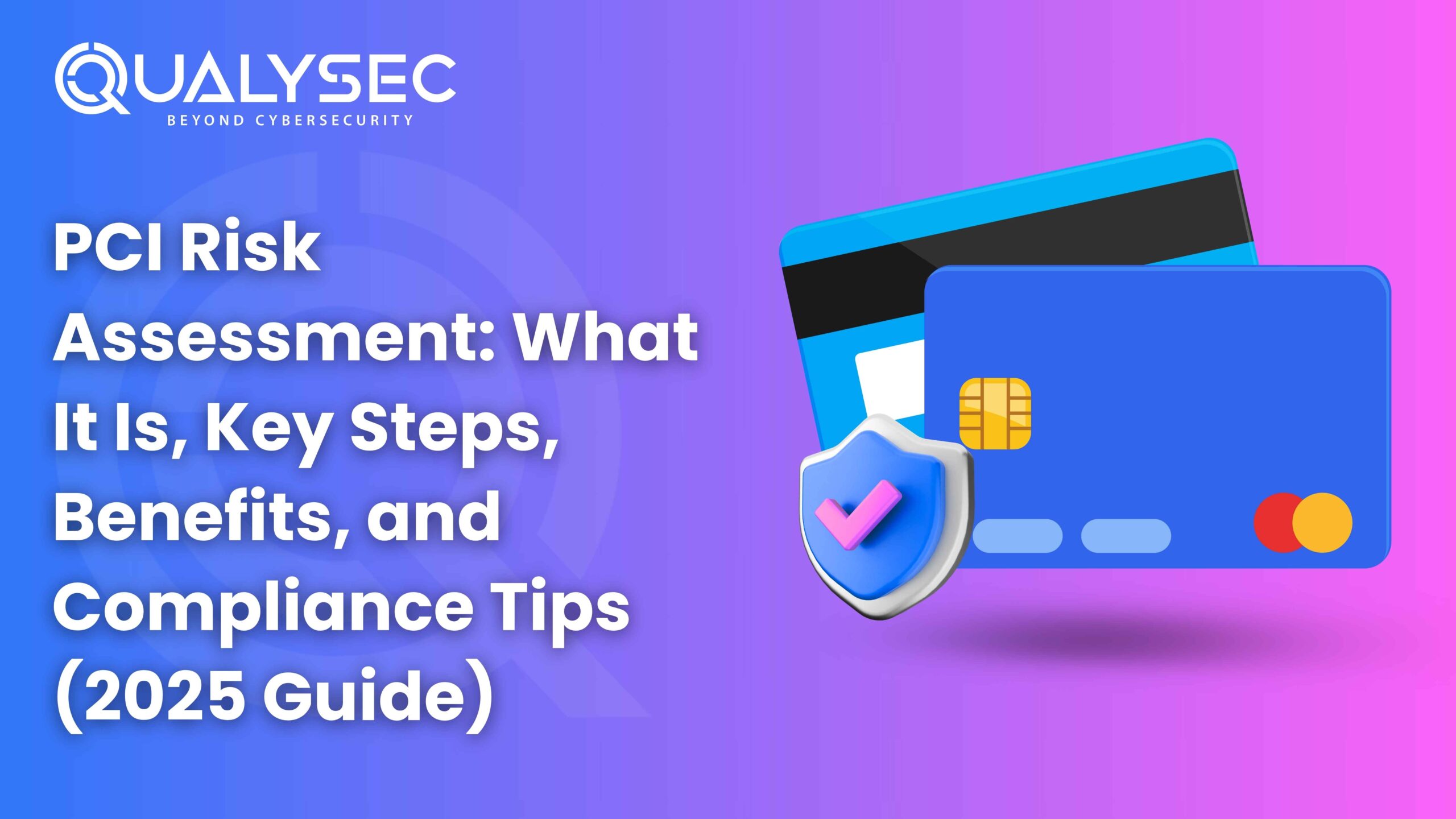


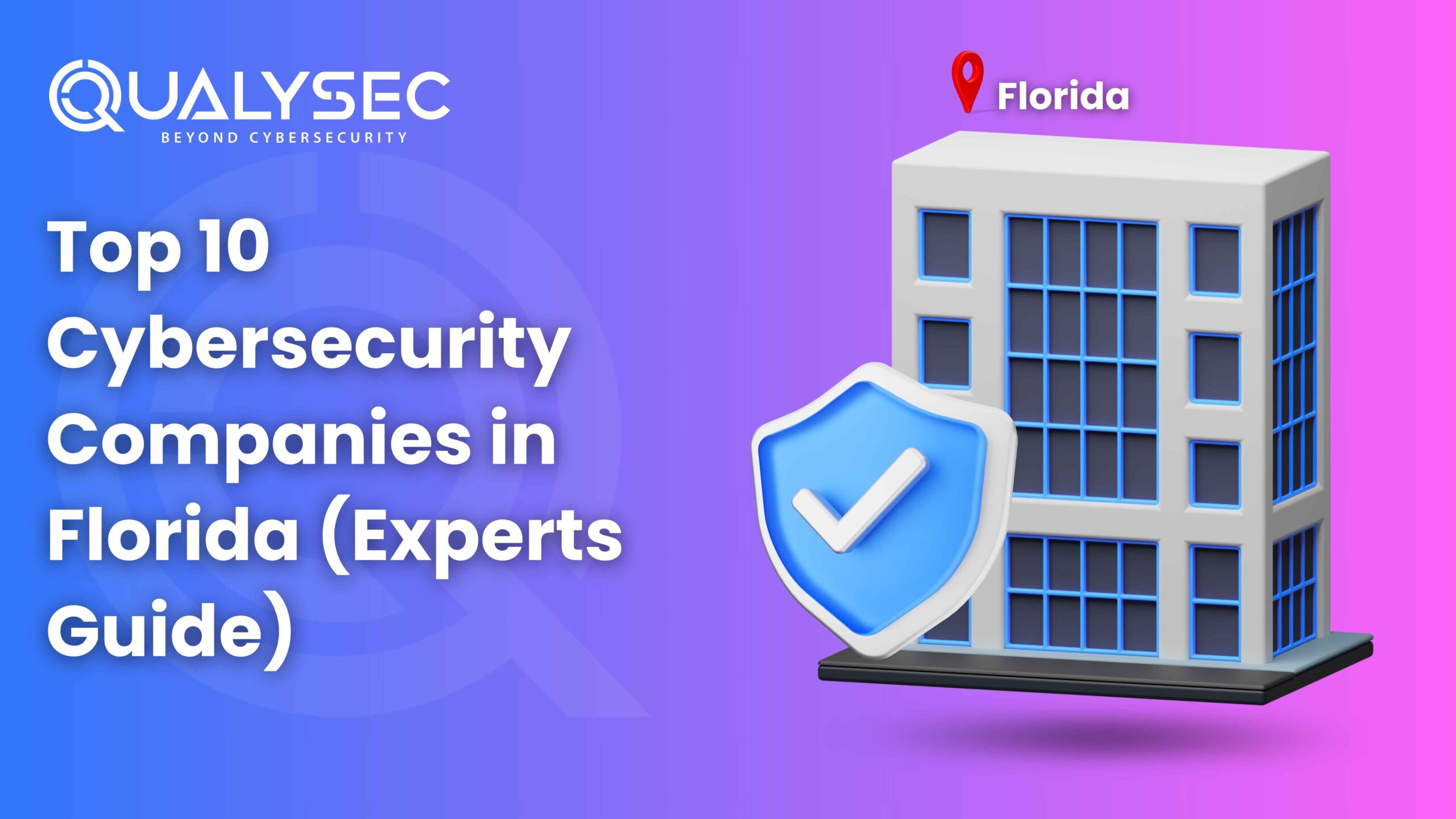











































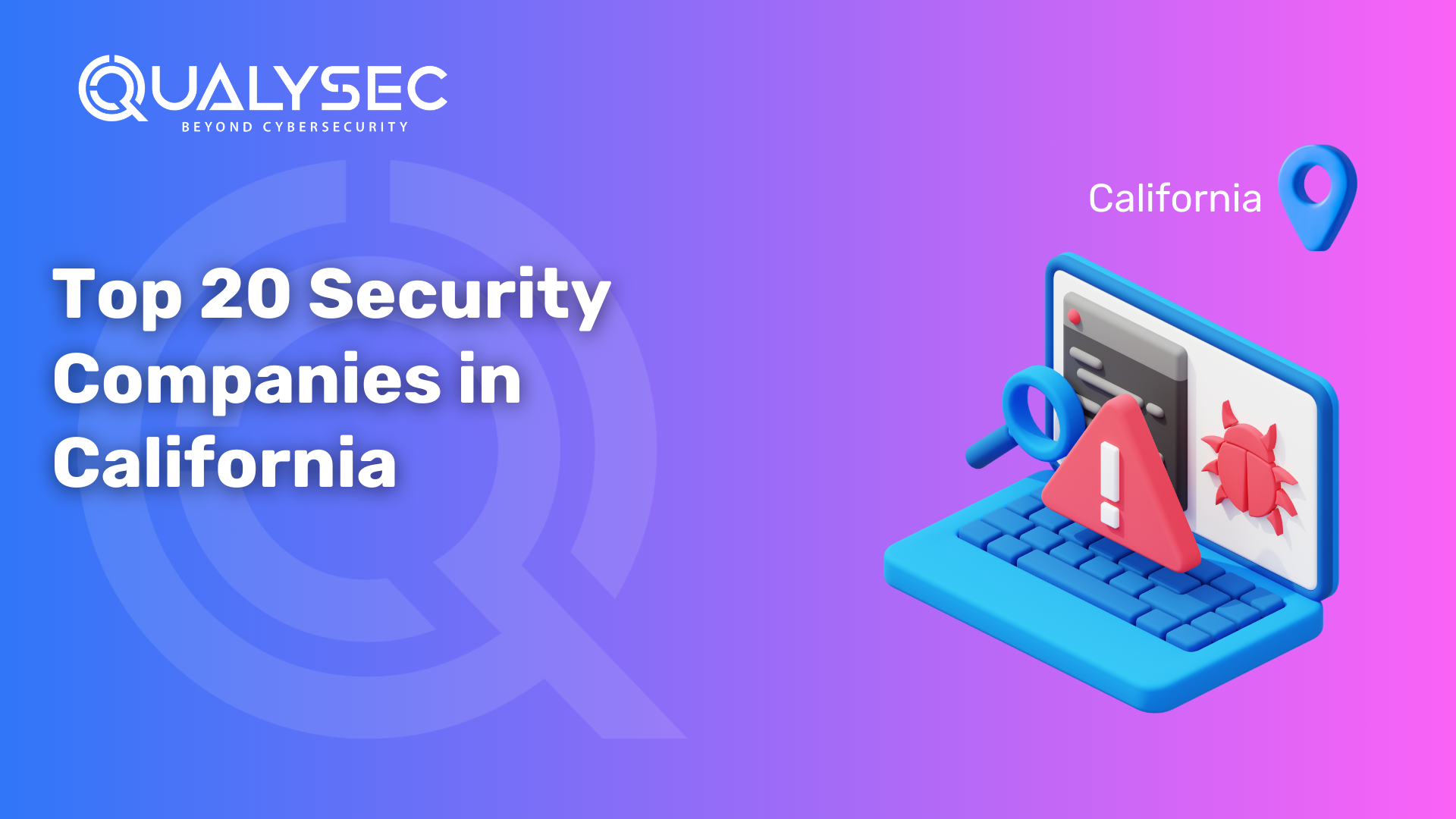







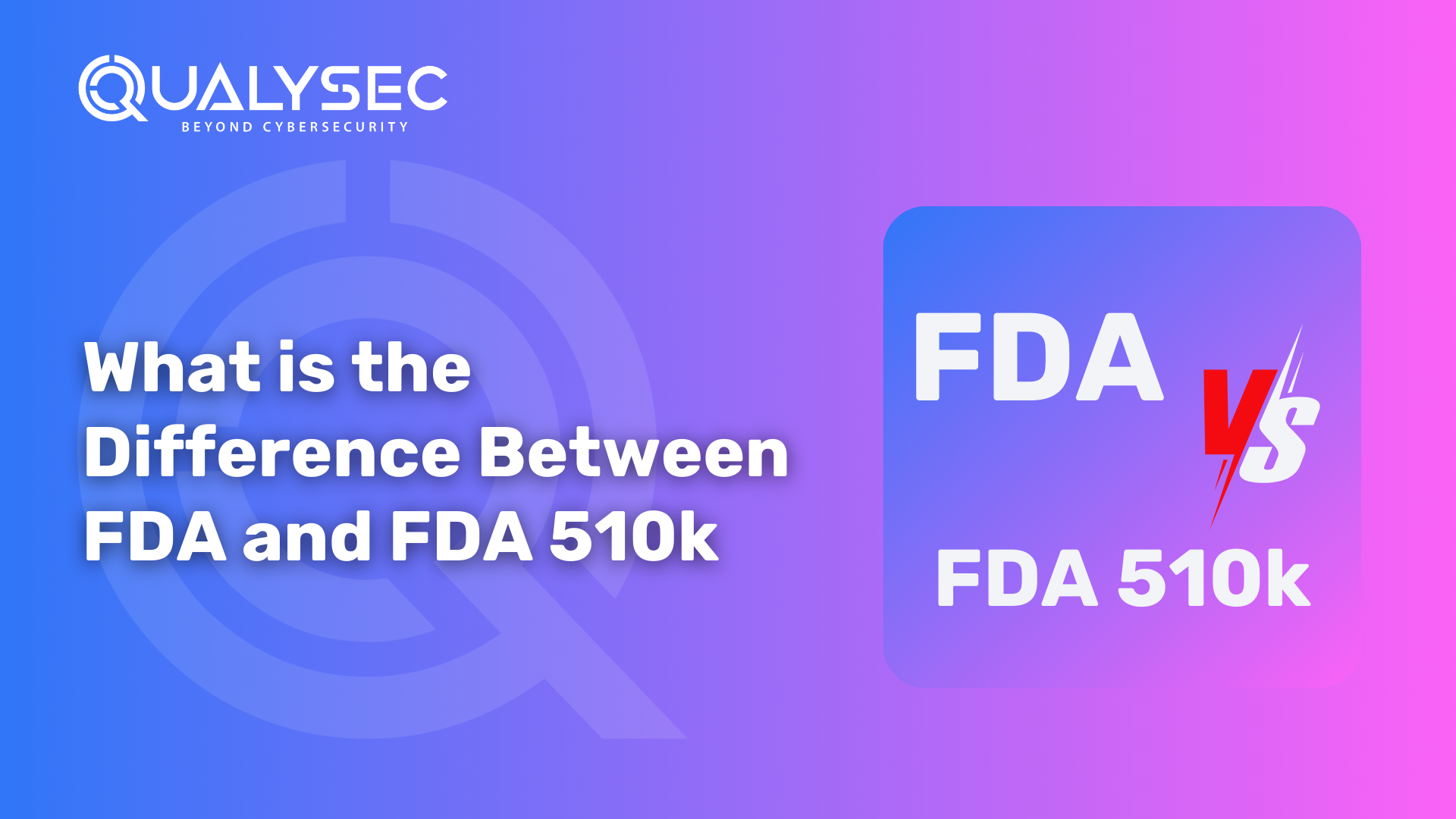


































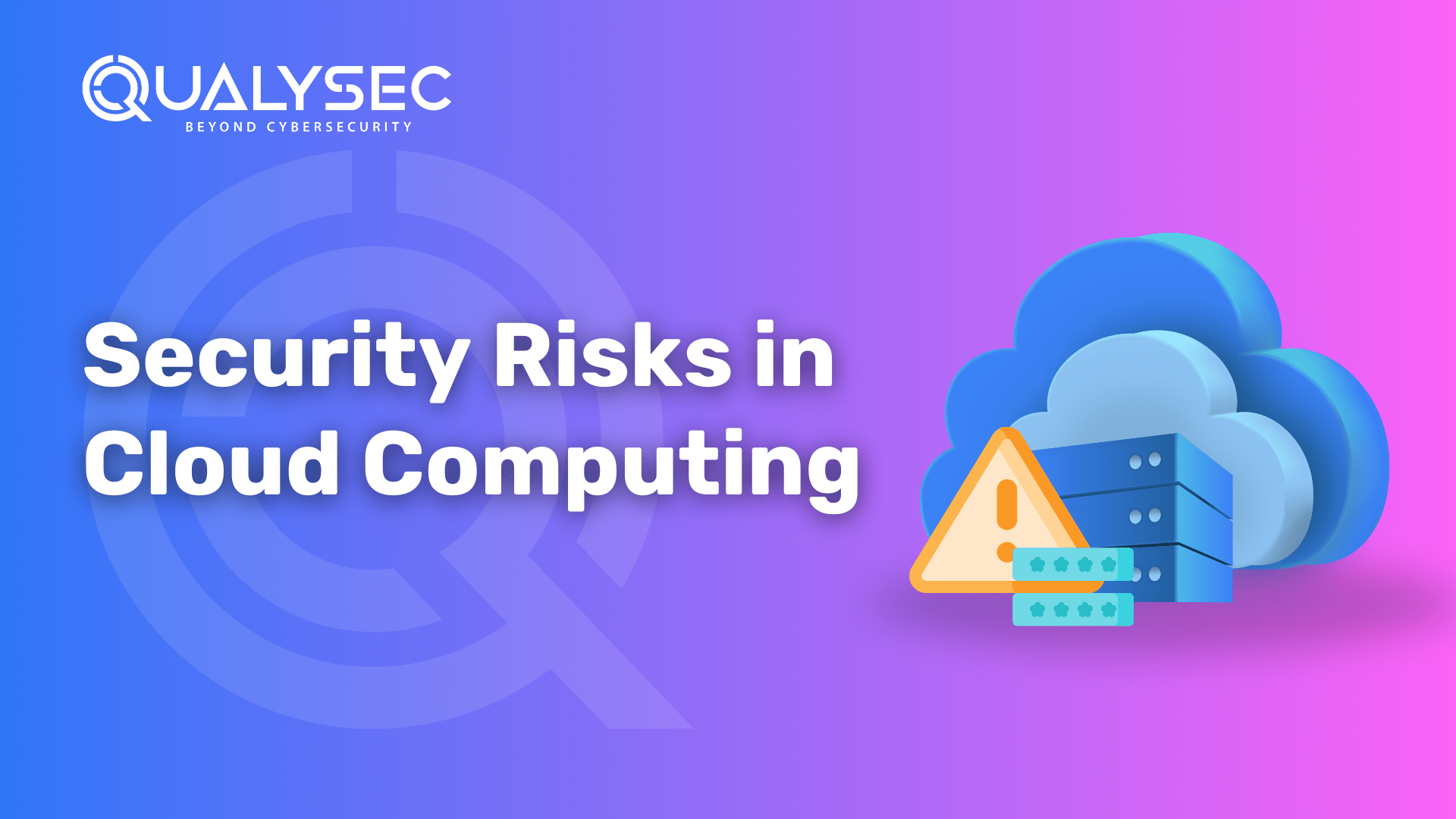







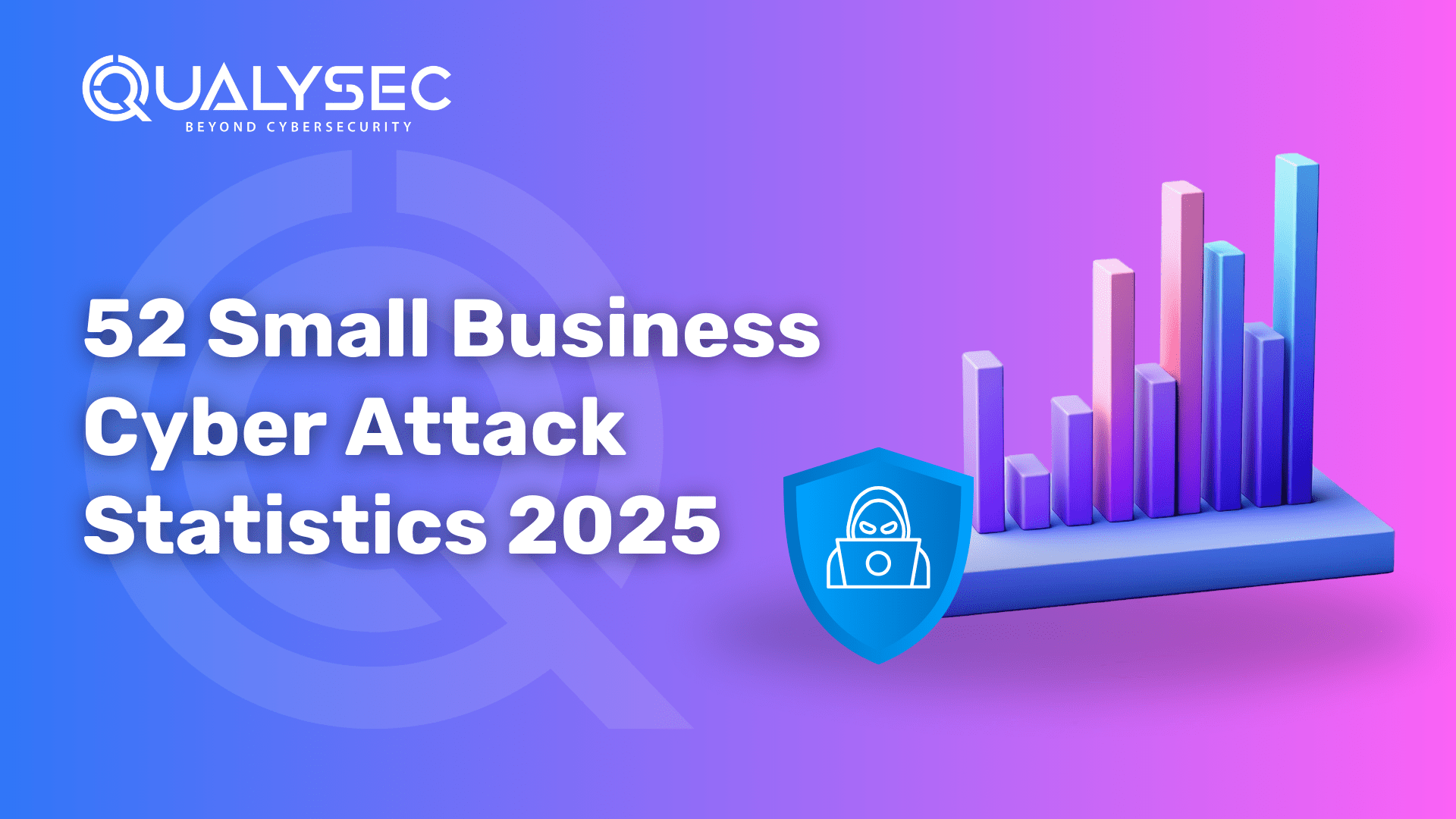


























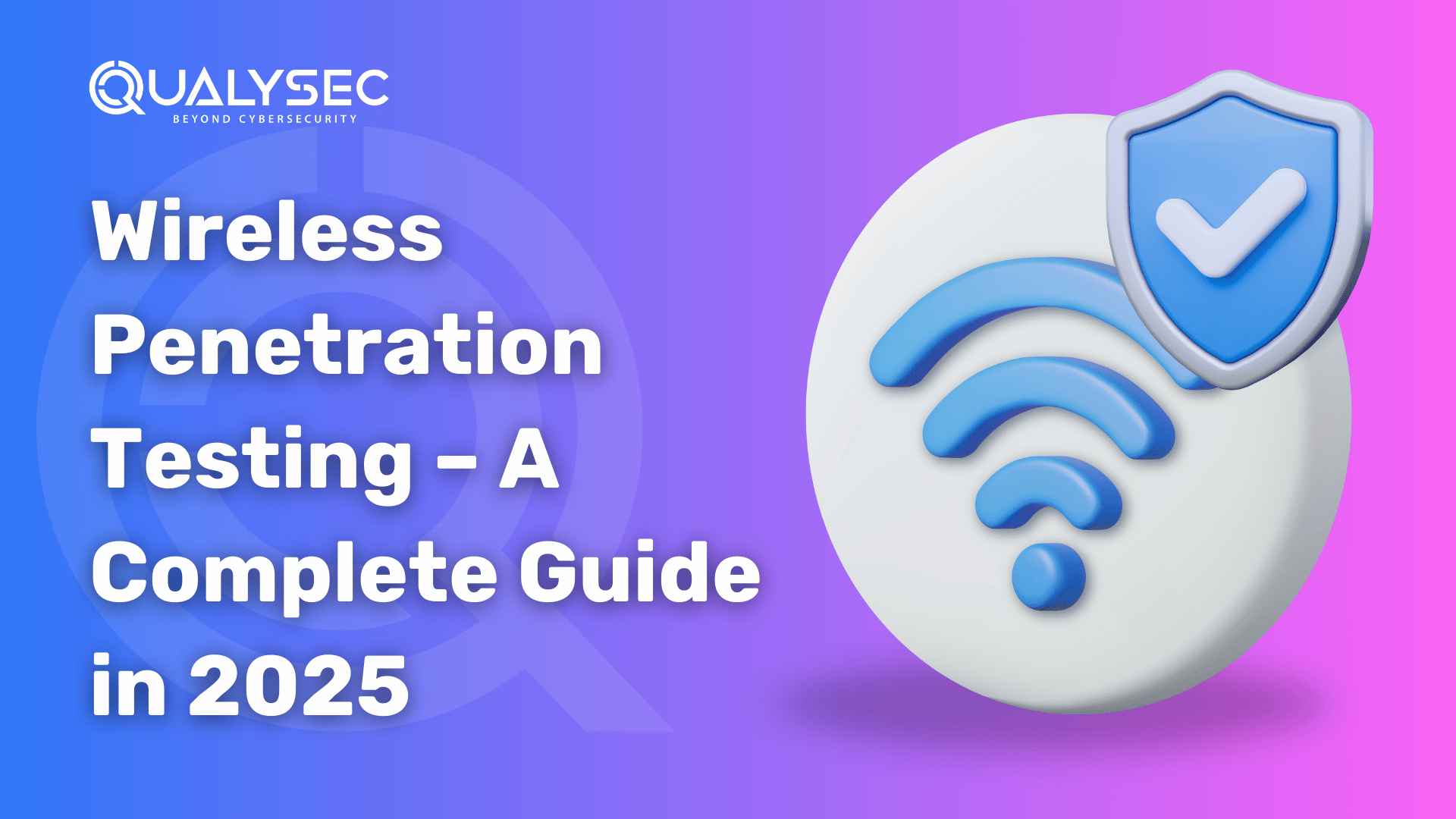































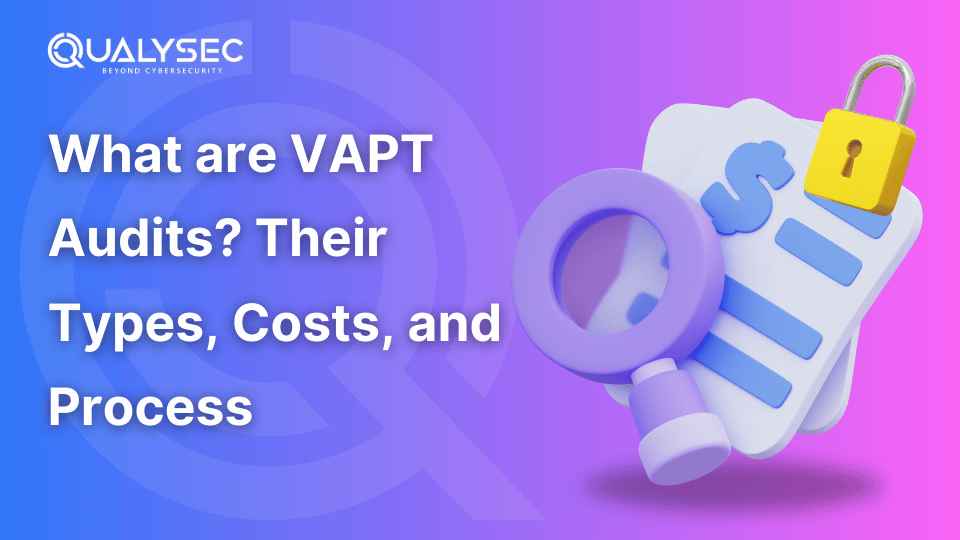








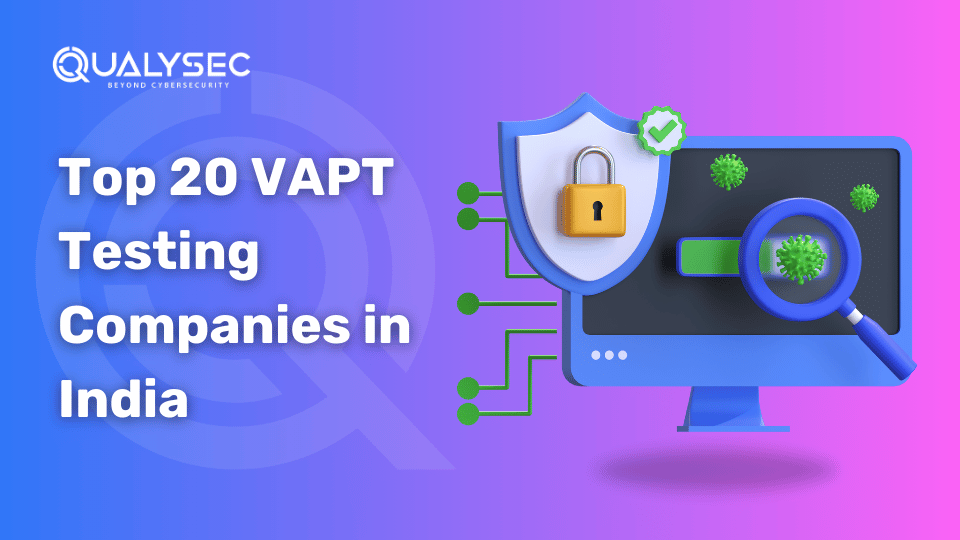























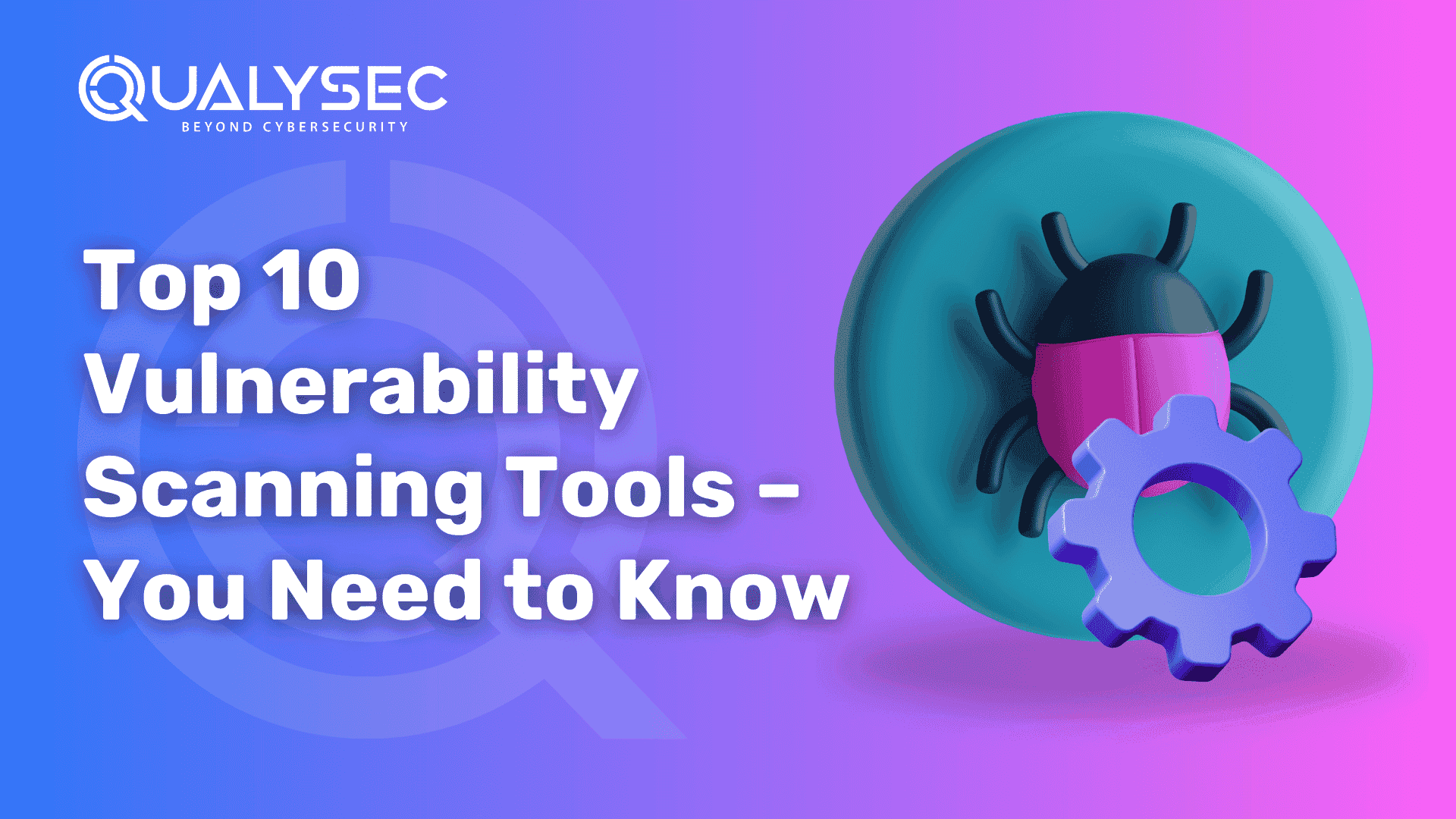


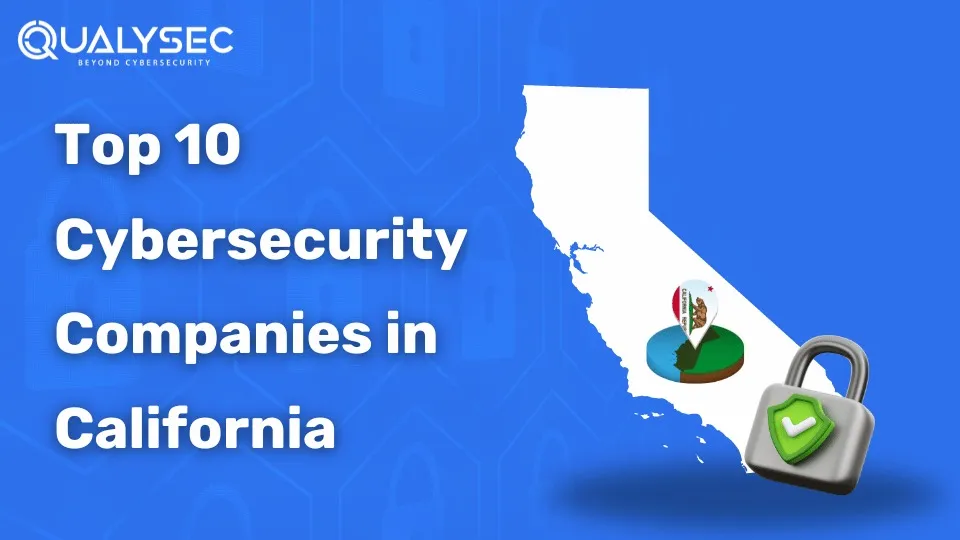
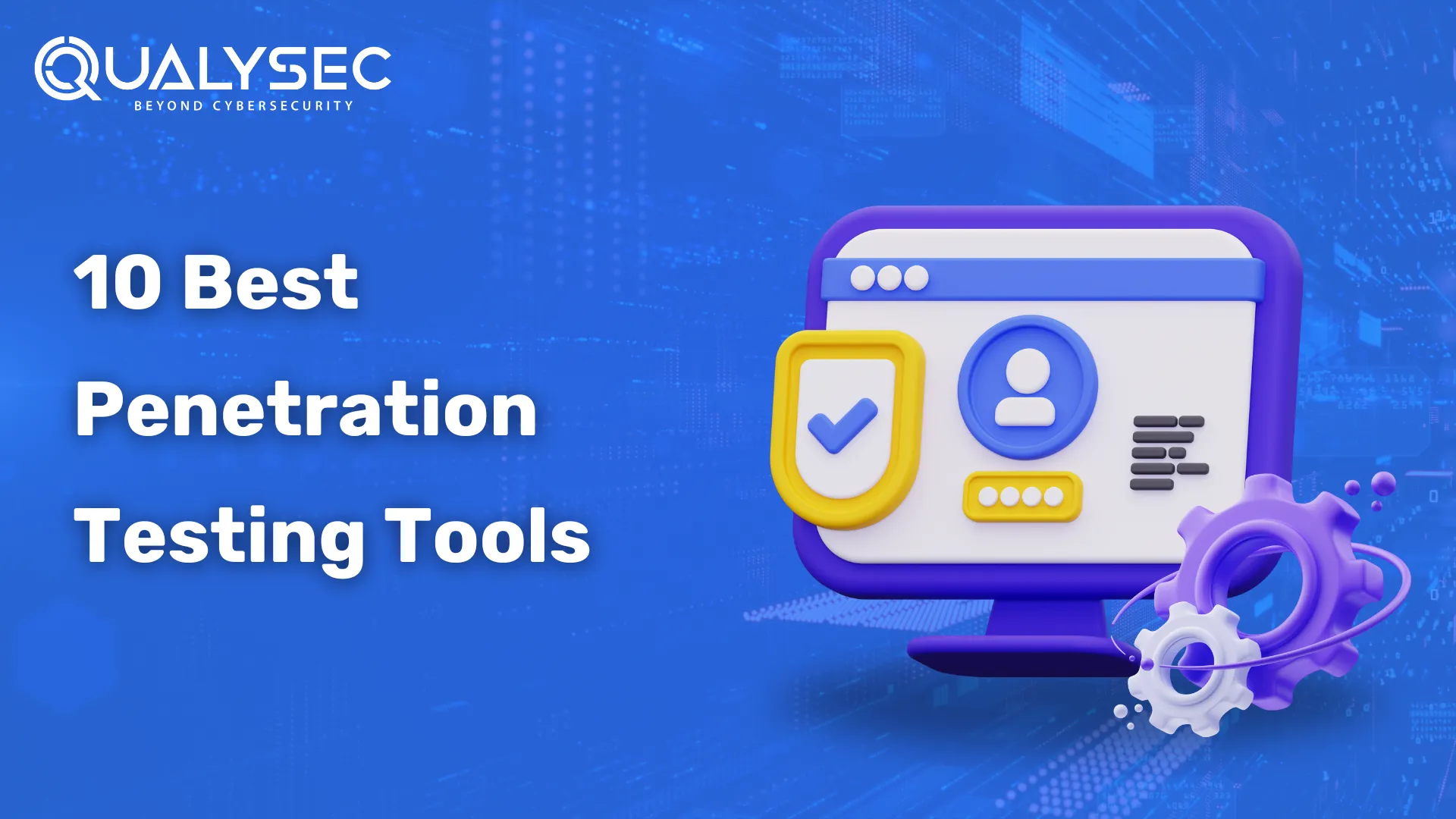









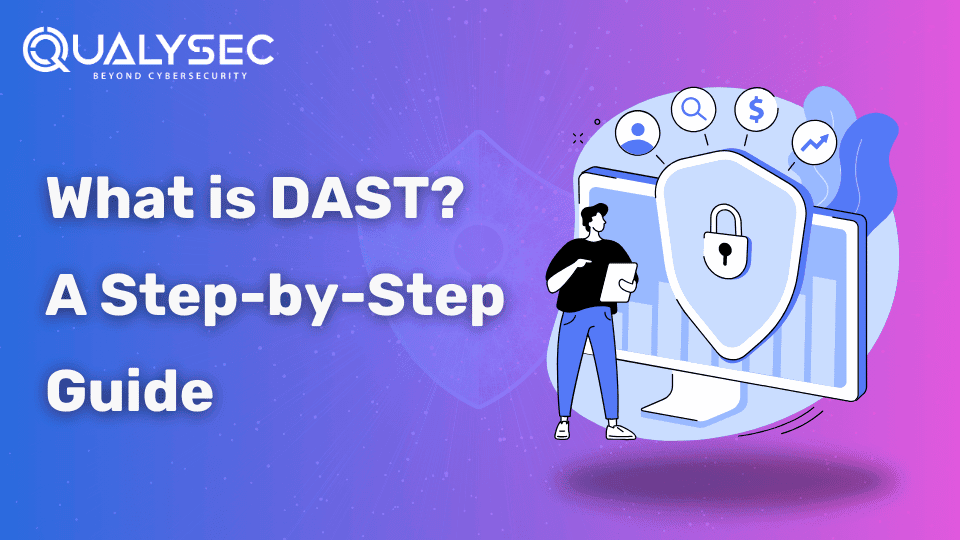


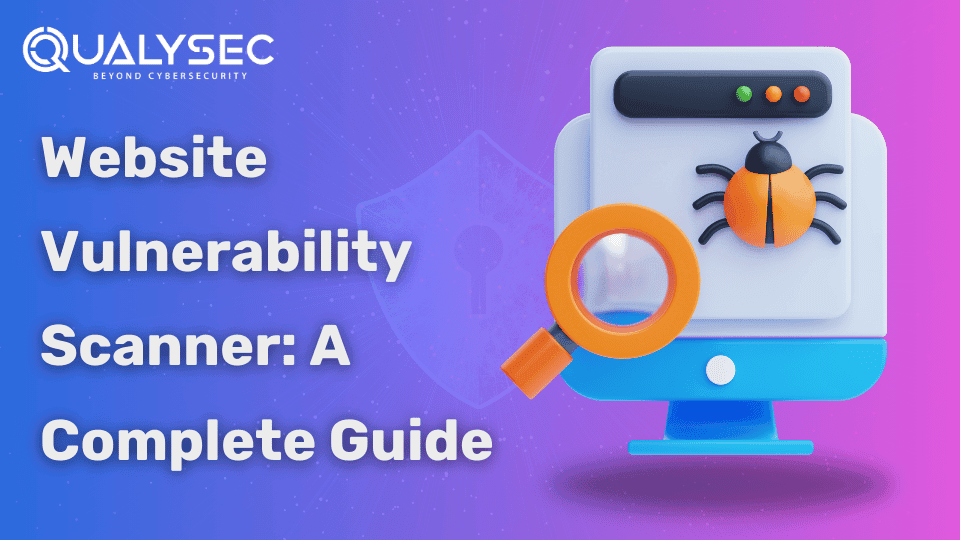

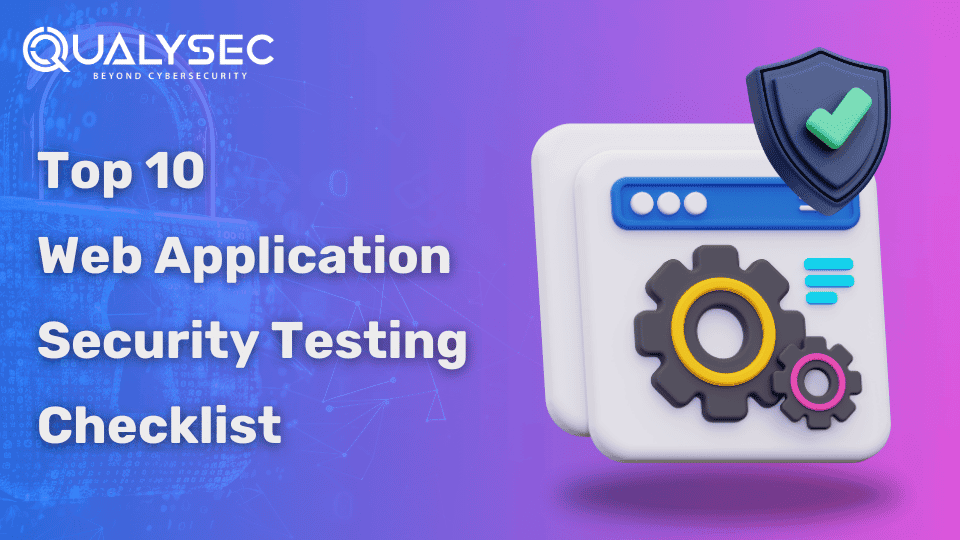

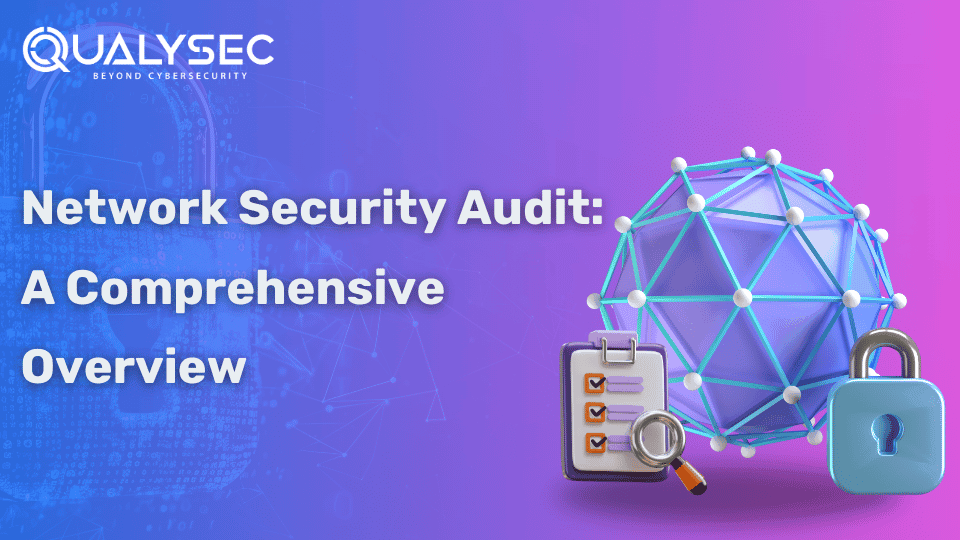











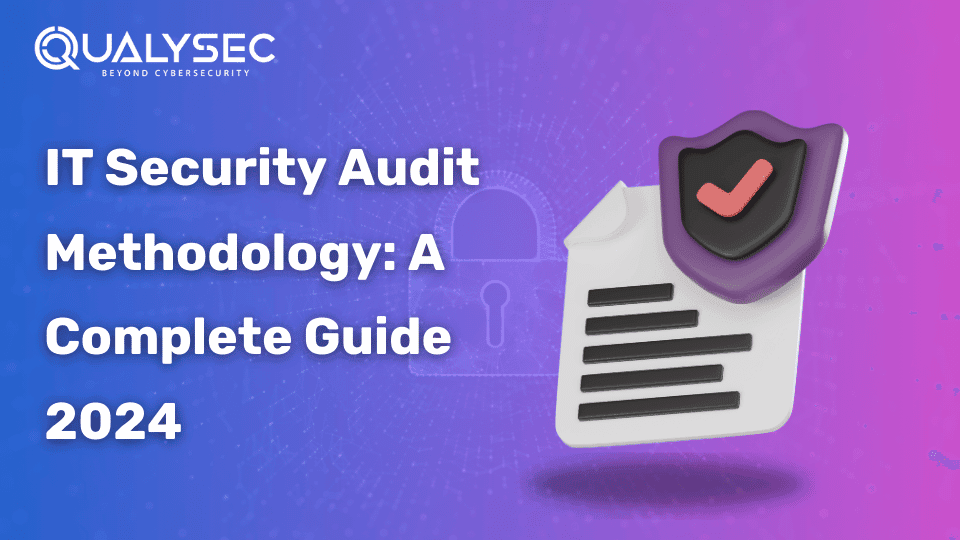

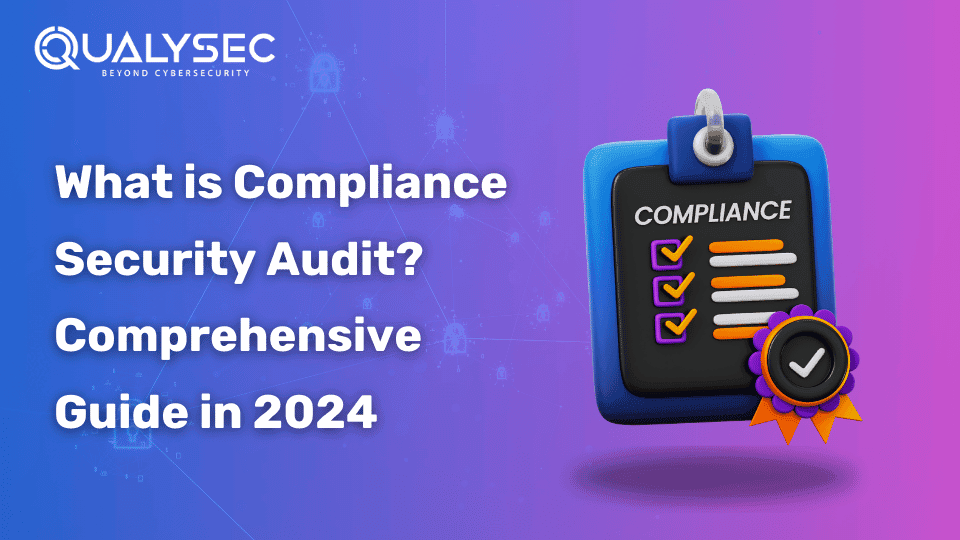





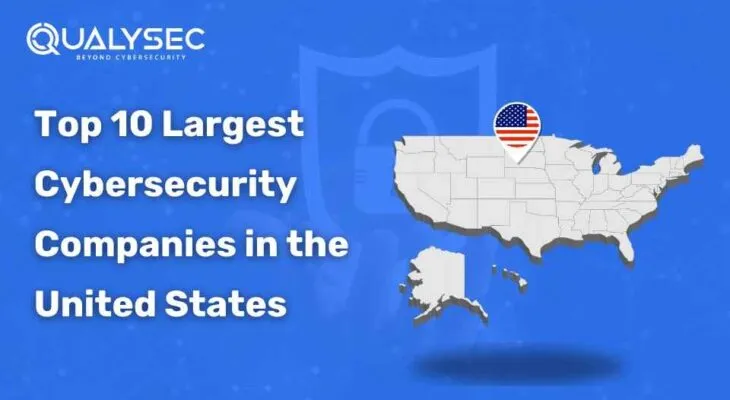


























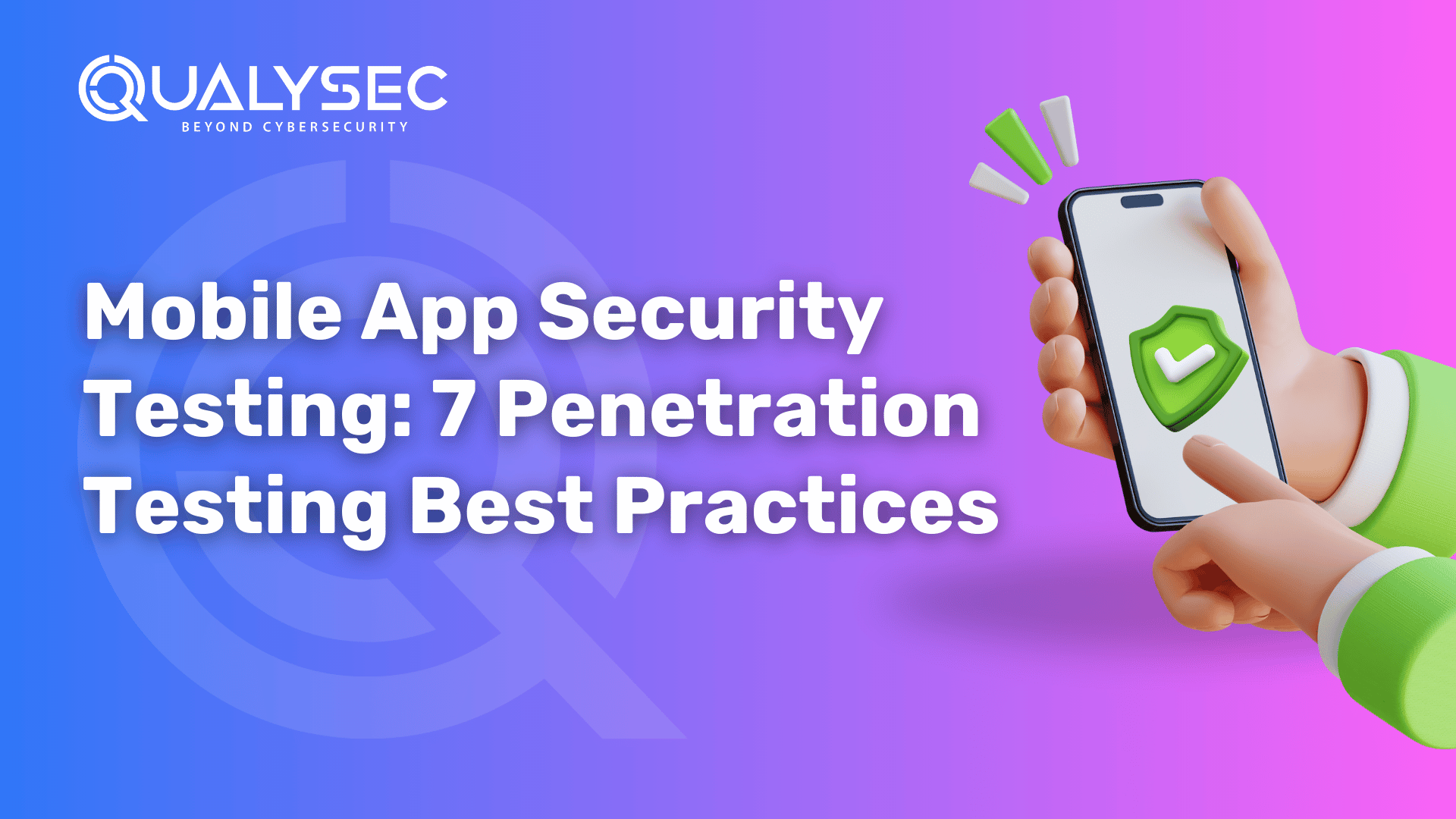

















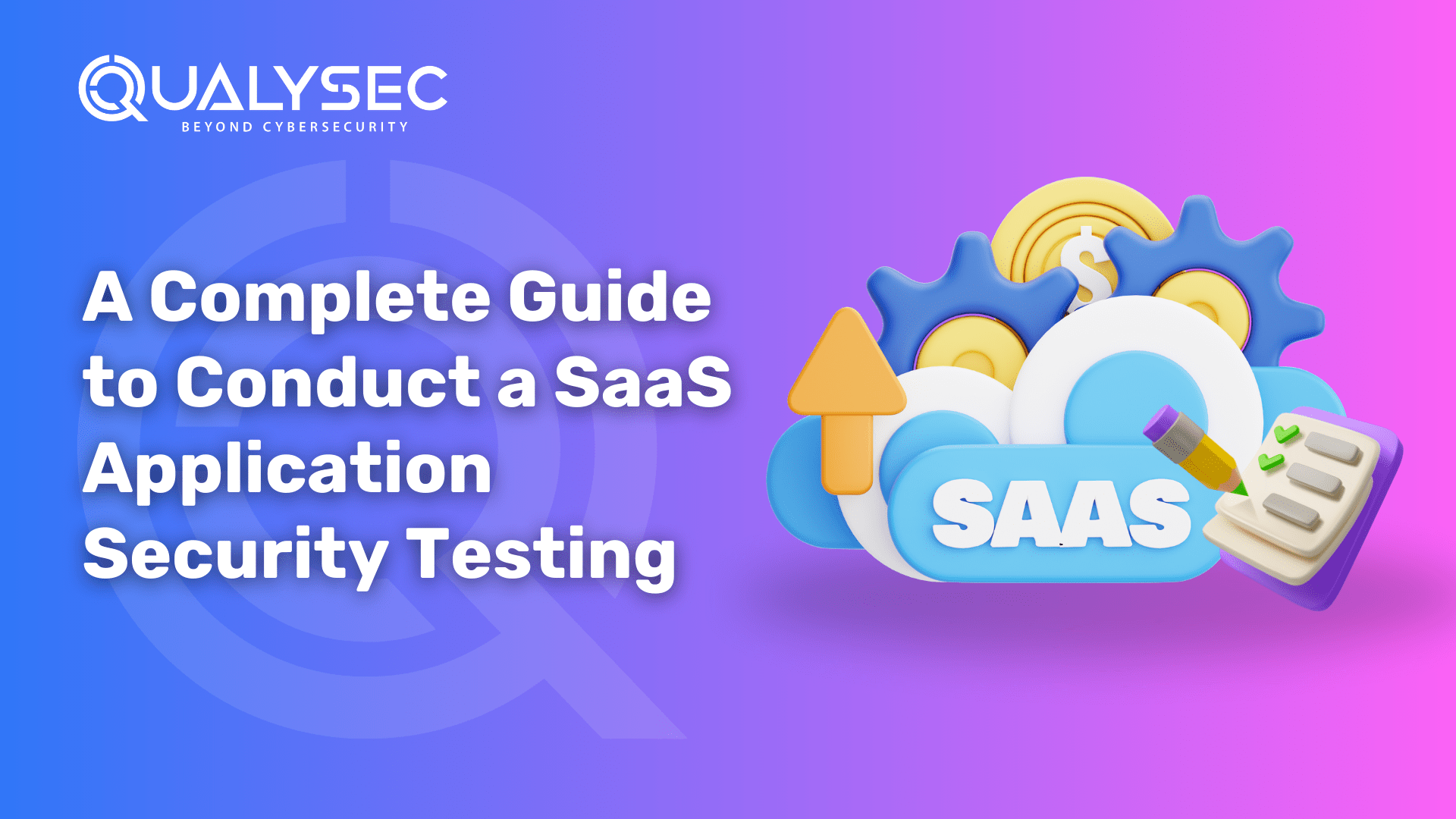





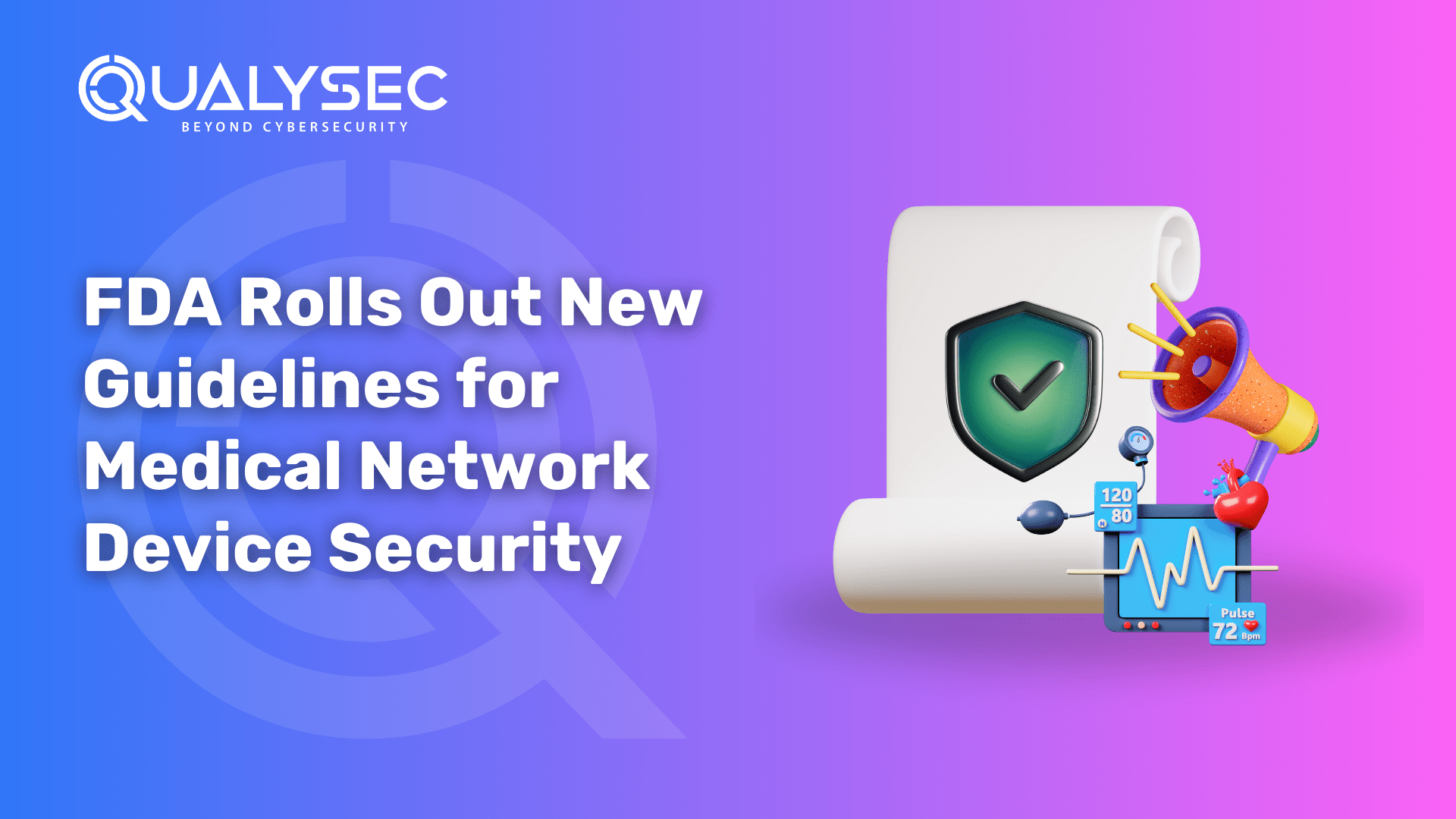
















































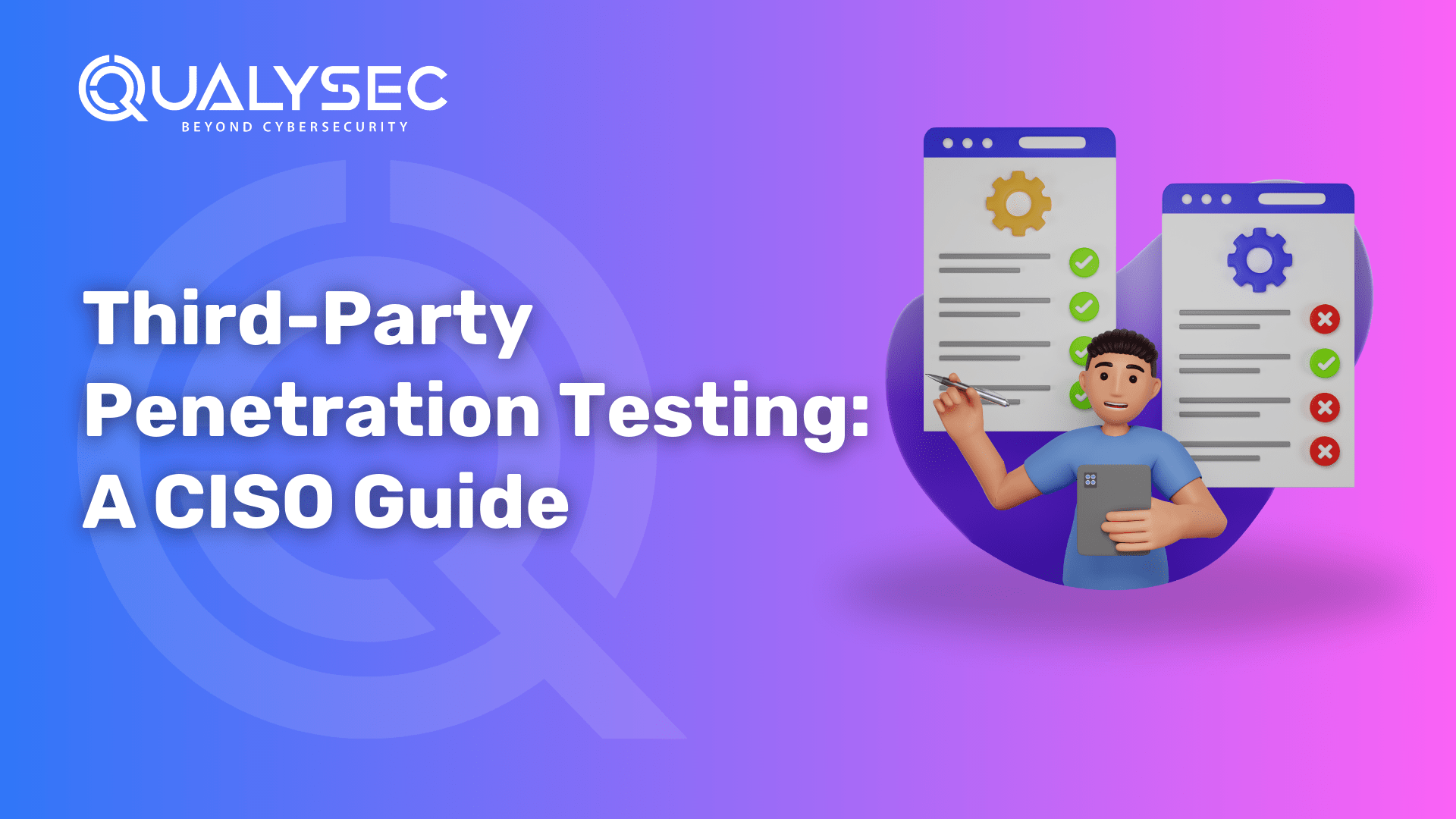





































































































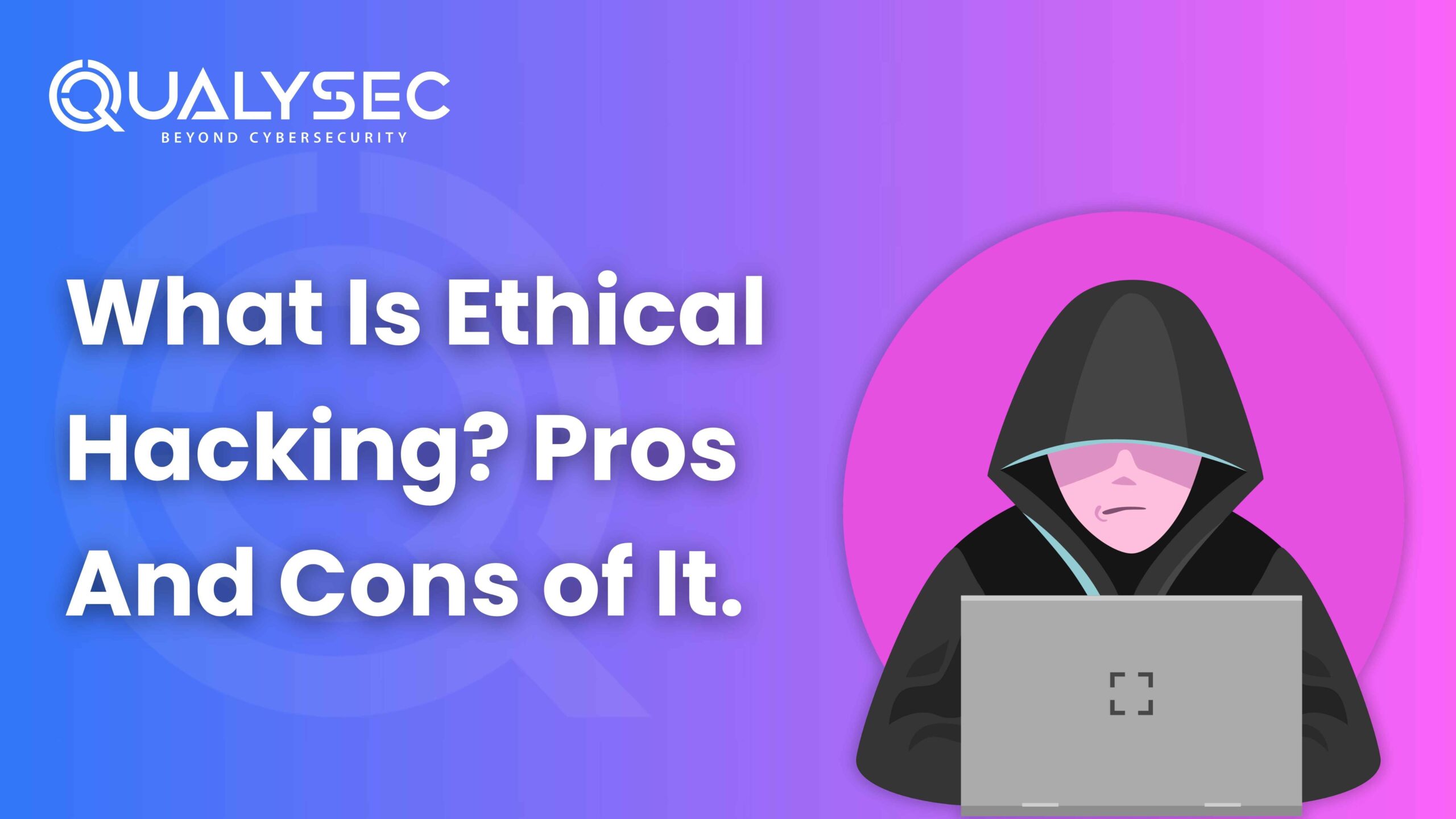







































0 Comments